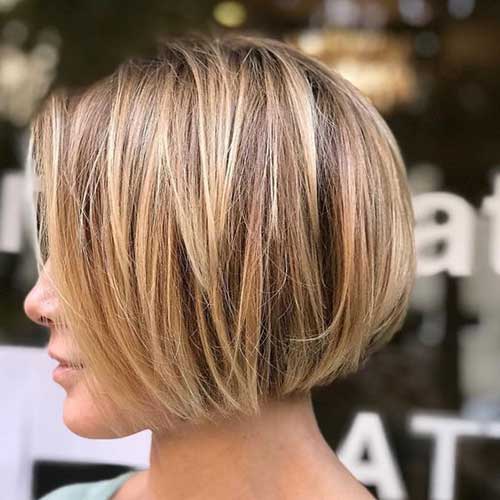Going grey is a natural process that affects us all at one time or another. Luckily, it’s a process that can be managed. Read on to discover what causes grey hair, including your genetics and the stress of illness. It’s also possible to prevent your Hair from turning grey by making changes that will slow down the process.

Genetics
Although the causes of grey hair remain unclear, researchers have found evidence of a genetic component. Studies of twins have found that the onset of greying is influenced by genetics, though heritability varies regionally. In one twin-controlled study, heritability for Hair greying was high, while heritability for facial features was low. In another study, researchers found that there were specific SNPs associated with greying. These variants accounted for 6.7% of the observed phenotypic variation.
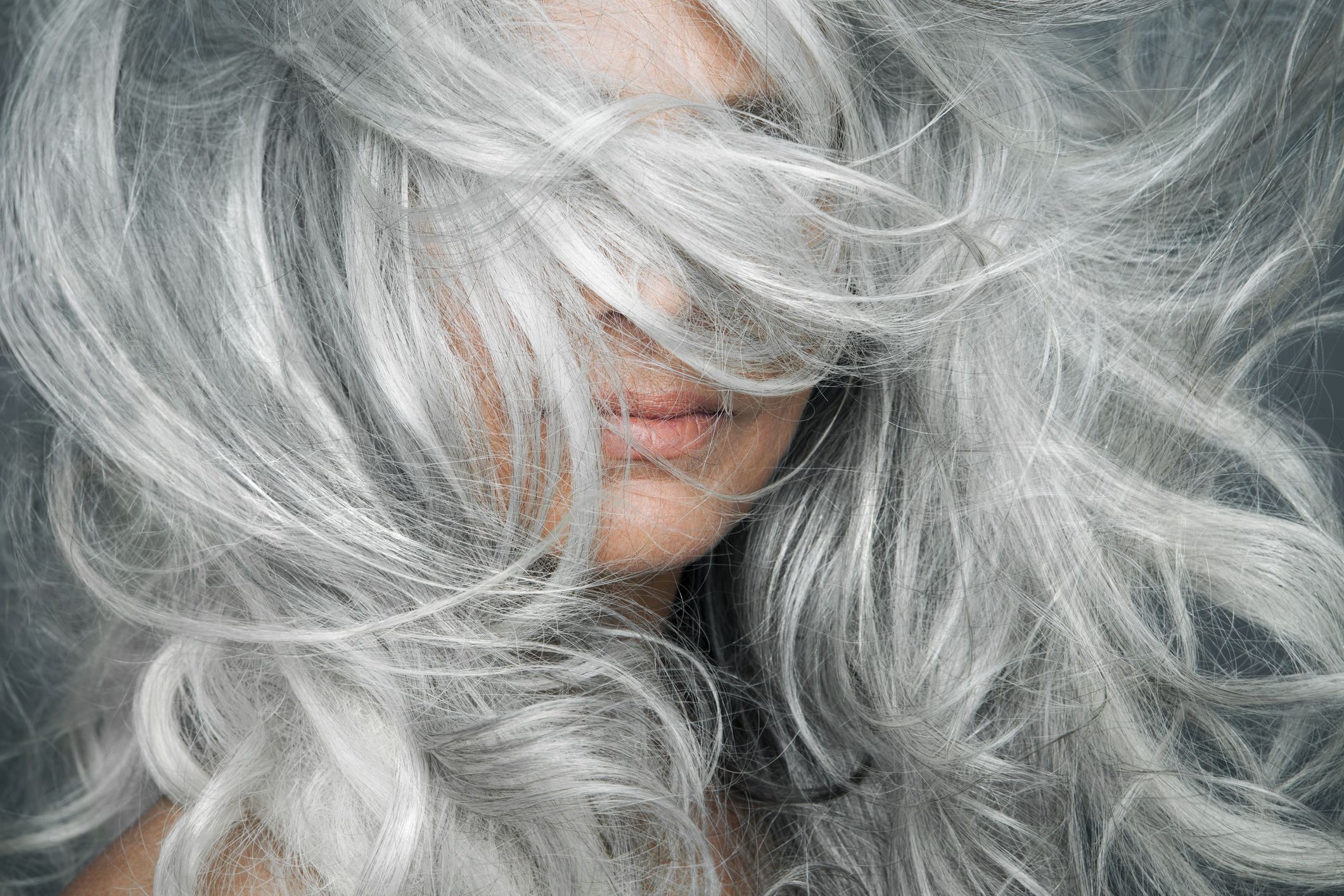
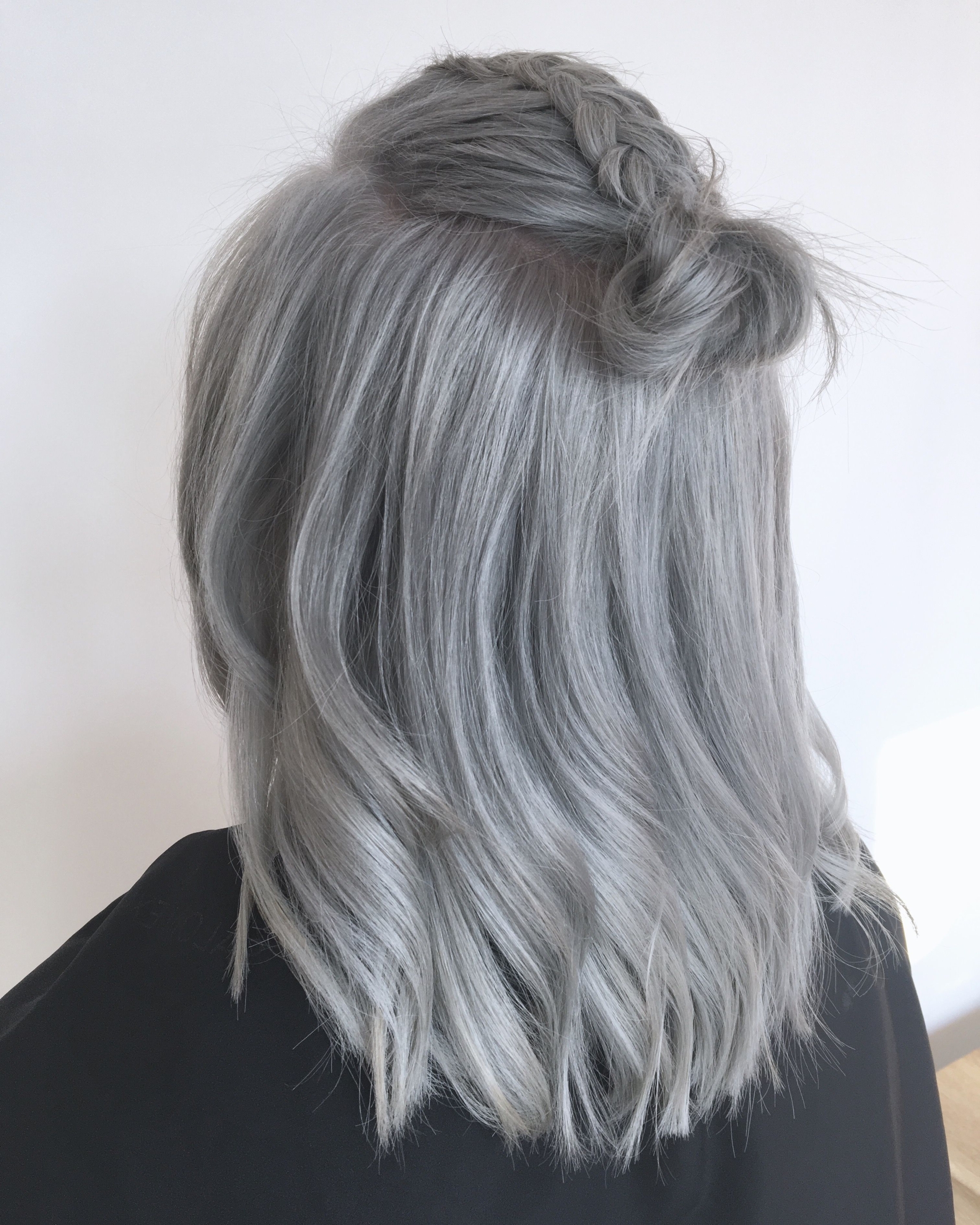

One gene involved in hair greying is called IRF4. This gene works with melanin to determine Hair colour and hue, which in turn determines eye and skin colour. The study also found that various combinations of genes were linked to hair growth, hair colour, and Hair loss. The PAX3 gene was found to be associated with the appearance of a monobrow, and combinations of other genes were associated with the thickness of beards and straightness of hair.
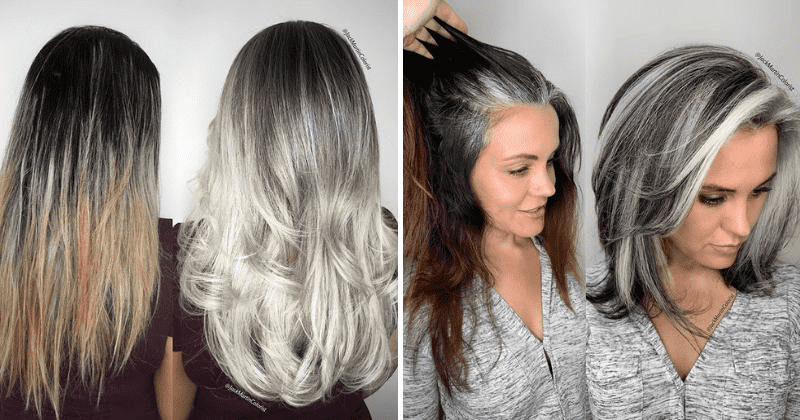
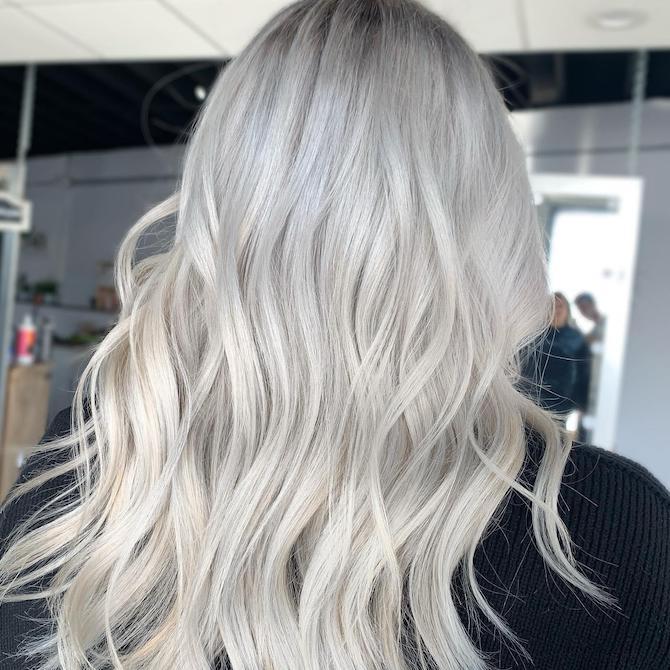

Genetics of grey Hair has long been thought to have an environmental influence, but now a study led by scientists from the University College London has identified a gene that contributes to the appearance of grey hair. In one study, researchers found that a specific gene, known as IRF4, contributed 30 percent to the onset of grey hair. Other factors, such as age and stress, were also associated with greying.
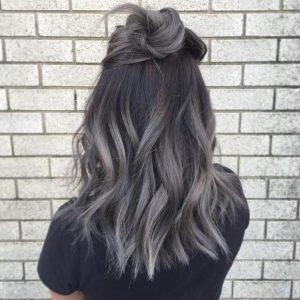
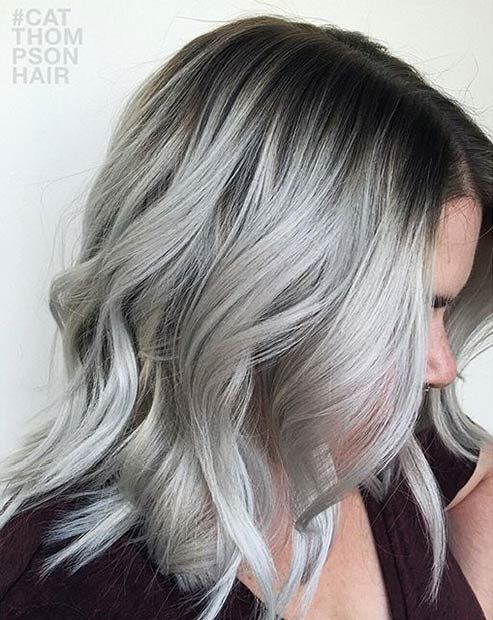

Another study showed that stress can cause grey fur and hair in mice. Inherited diseases such as neurofibromatosis, which causes tumors along nerves, have a genetic component. Other diseases that cause Hair to become grey include tuberous sclerosis and vitiligo, which causes the loss of pigment-producing melanocytes in the scalp.


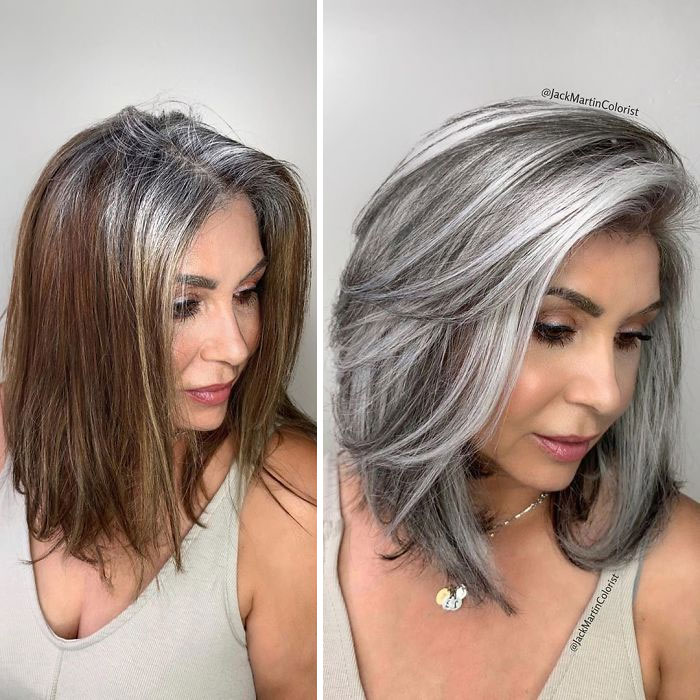
Stress
According to the research, there is a direct link between stress and the appearance of grey hair. The study of 14 people involved three hundred and seventy hairs revealed that the proportion of grey hair increased when the participants experienced high levels of stress. It also found that when participants’ stress levels decreased, their hair colour returned. The researchers believe that the fight, flight, or freeze response plays an important role in the appearance of grey hair.
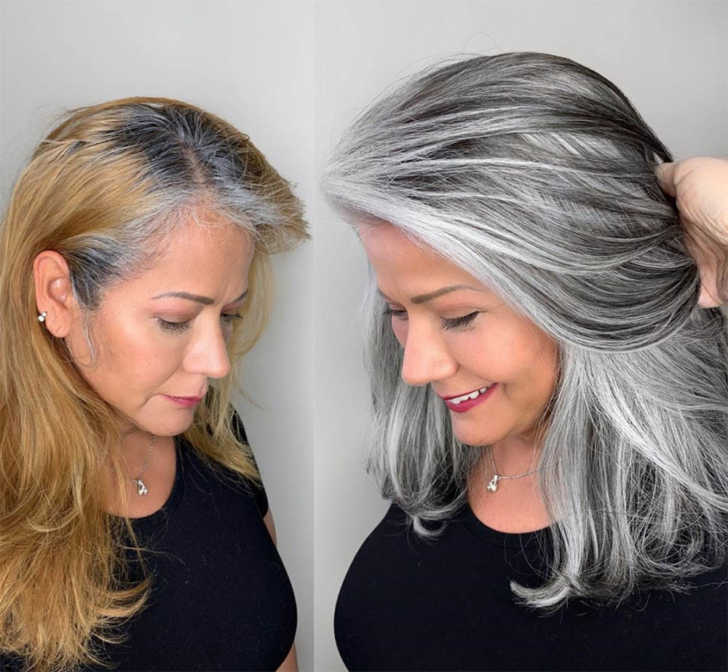

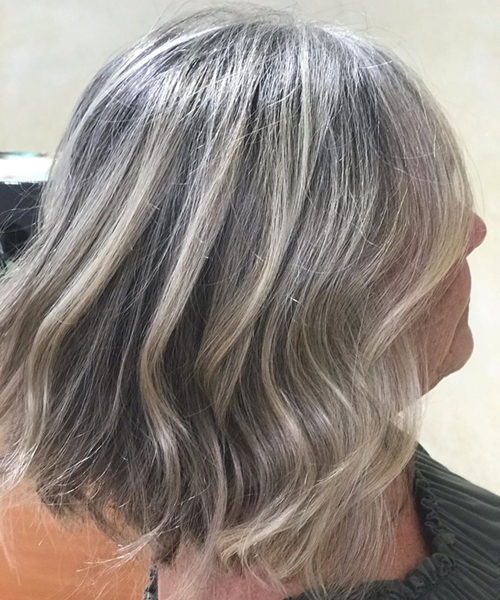
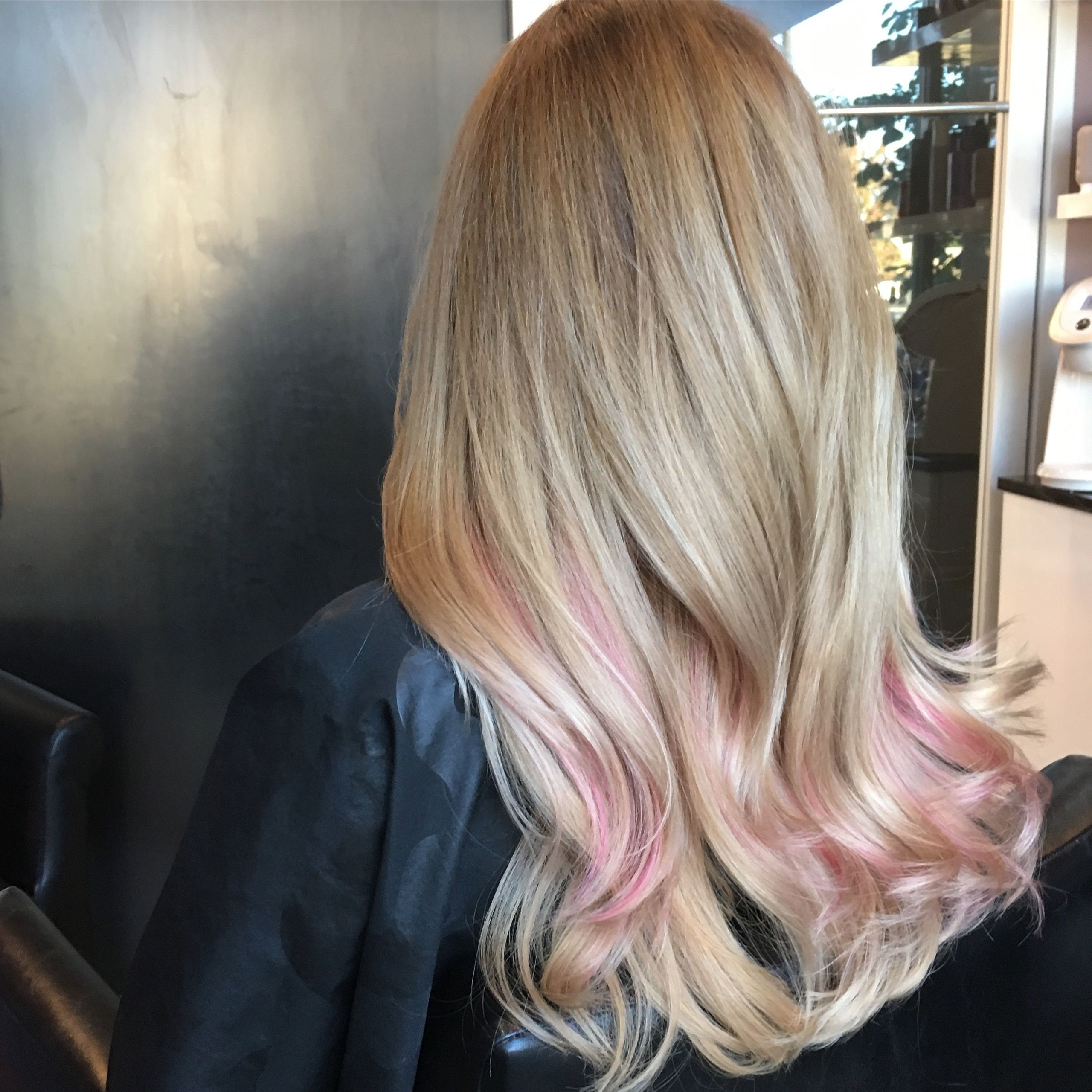
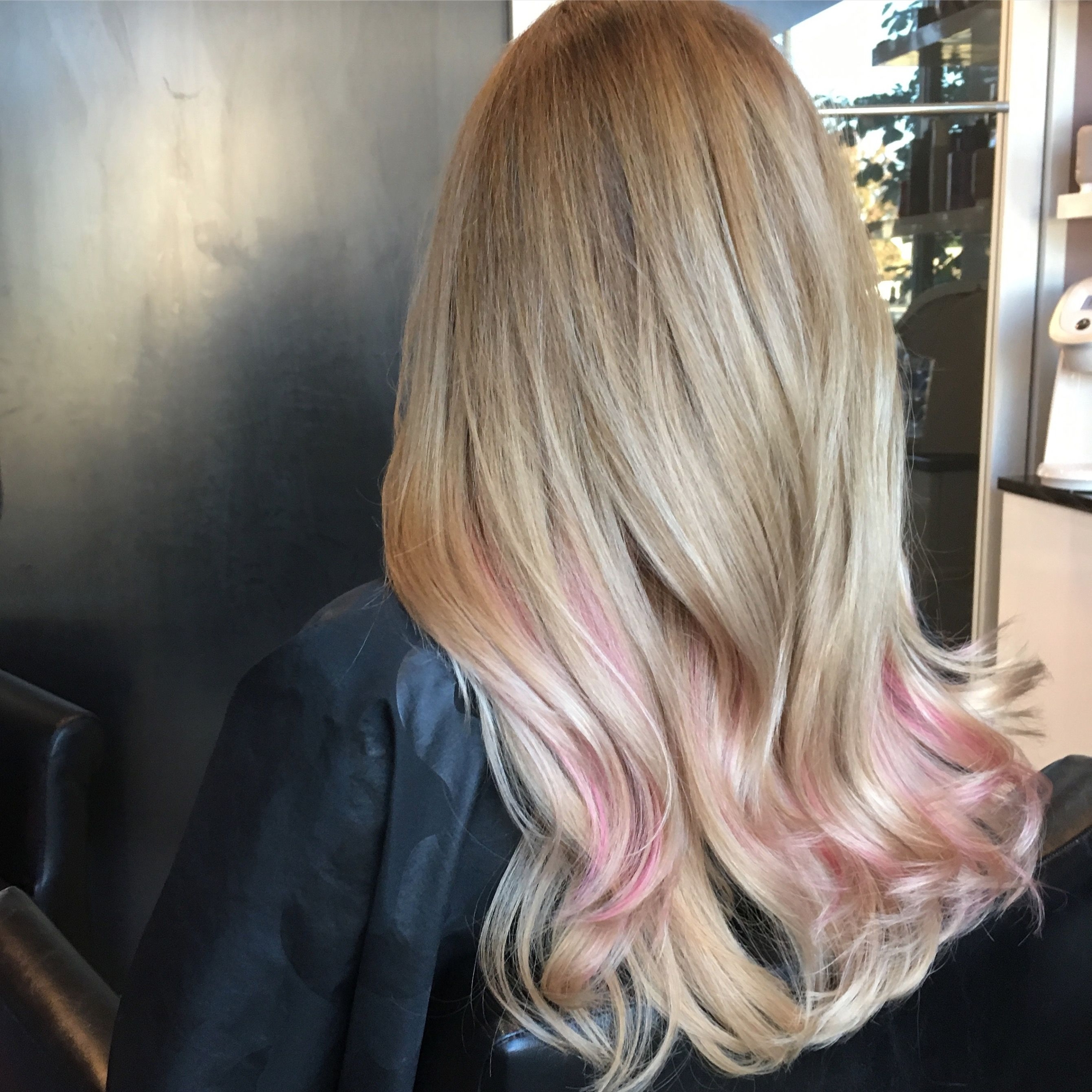
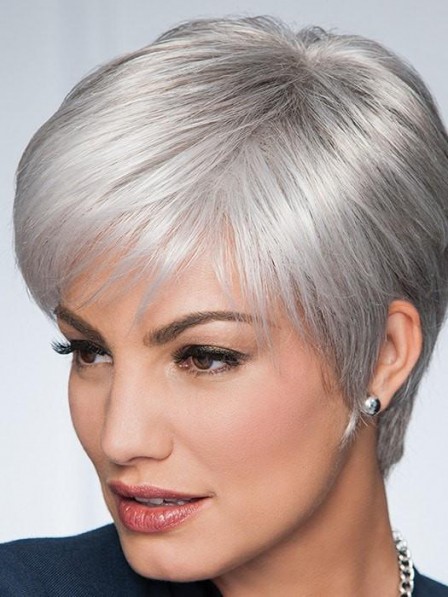
Besides stress, there are many other factors that cause grey hair. This includes the normal aging process, genetic factors, and environmental factors. Some of these factors are influenced by the stress levels and diet. Some of these factors can also be influenced by the environment and nutrition. Taking the proper steps to protect your hair can help prevent or reverse greying.
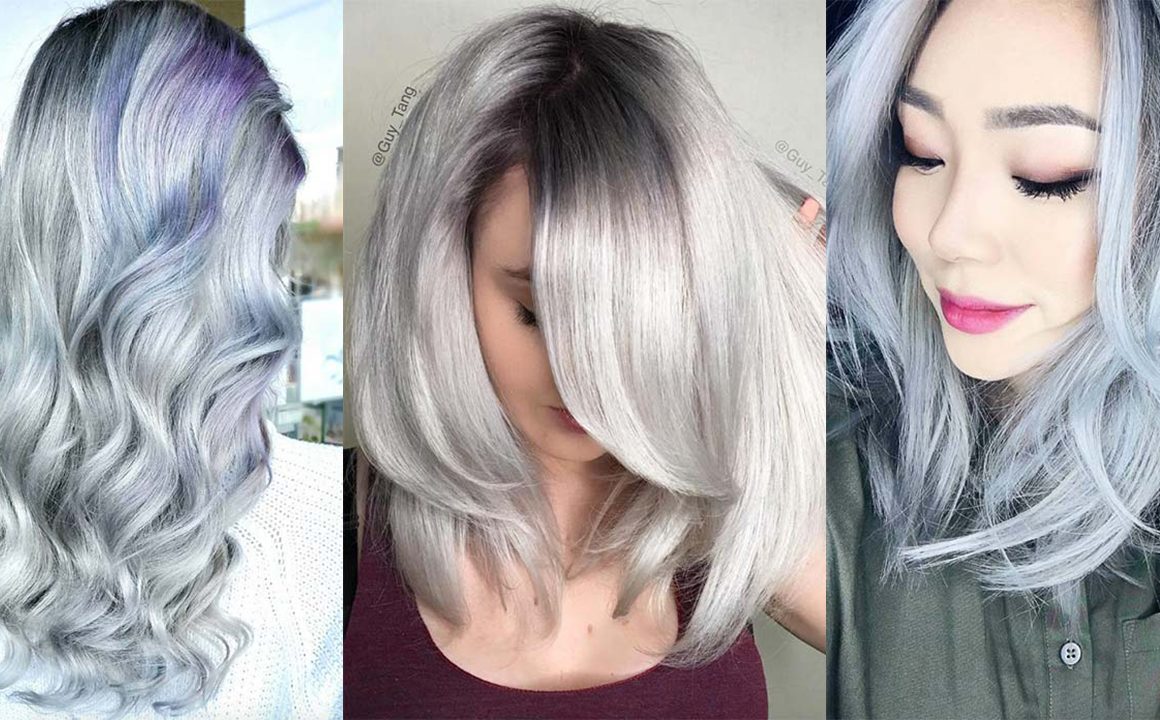
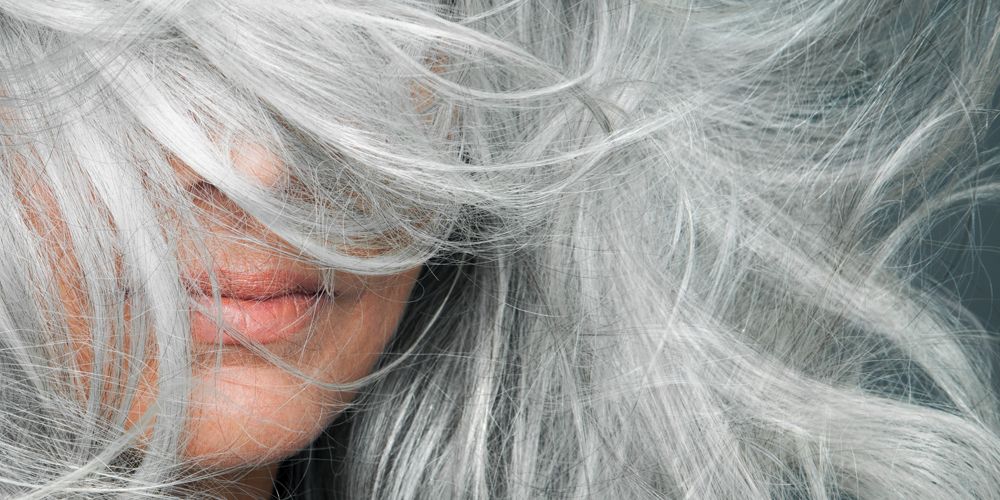

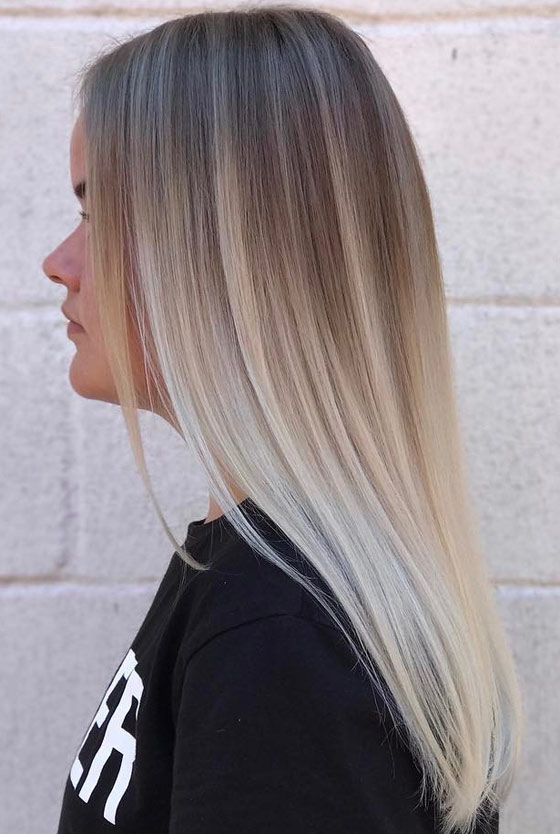
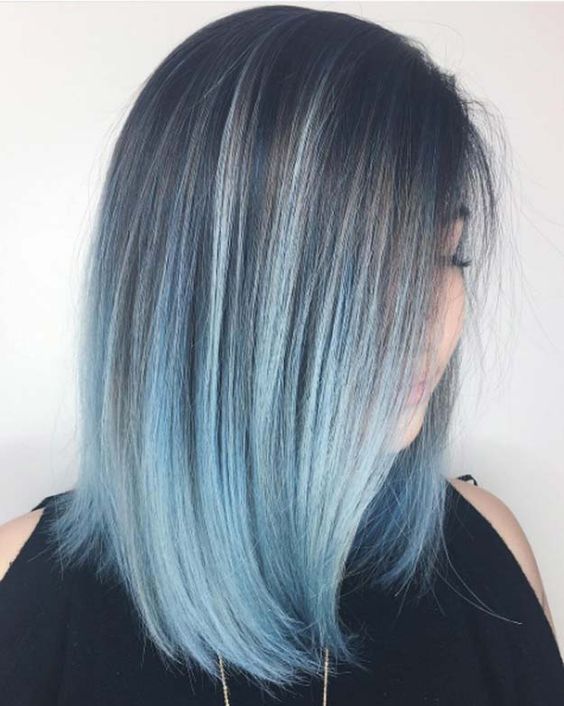
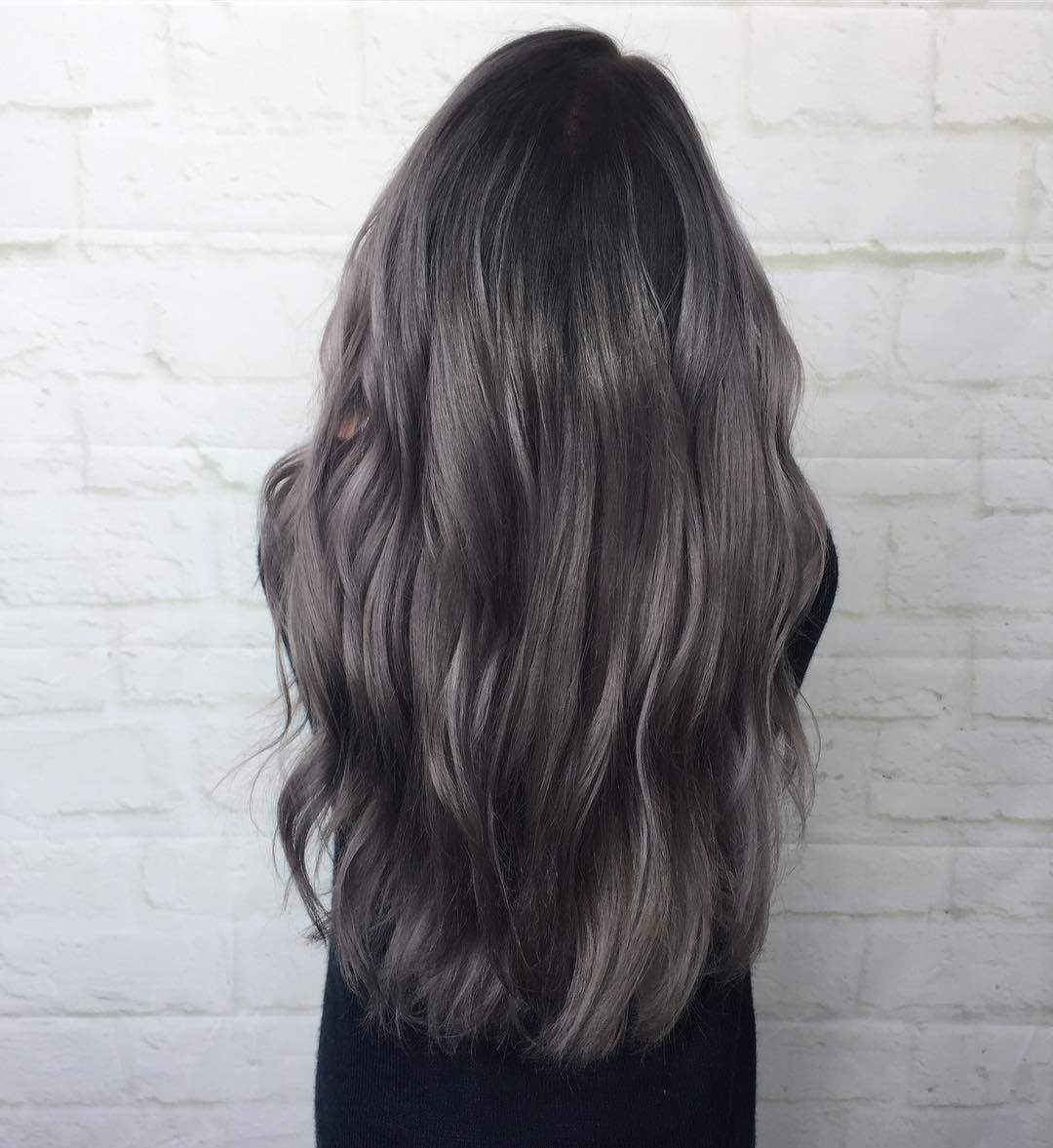
Among the negative effects of stress on the body are changes to the melanocyte stem cells, which give hair its color. According to the research, chronic stress reduces the production of these cells. In mice, this decrease in melanocyte production leads to grey hair. Even mice with weakened immune systems experienced the same graying in their hair. The researchers also discovered that the stress hormone corticosterone did not prevent or slow down the graying process.

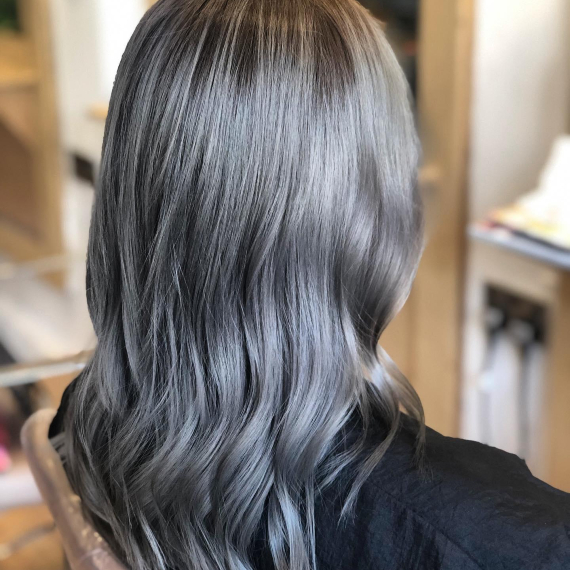
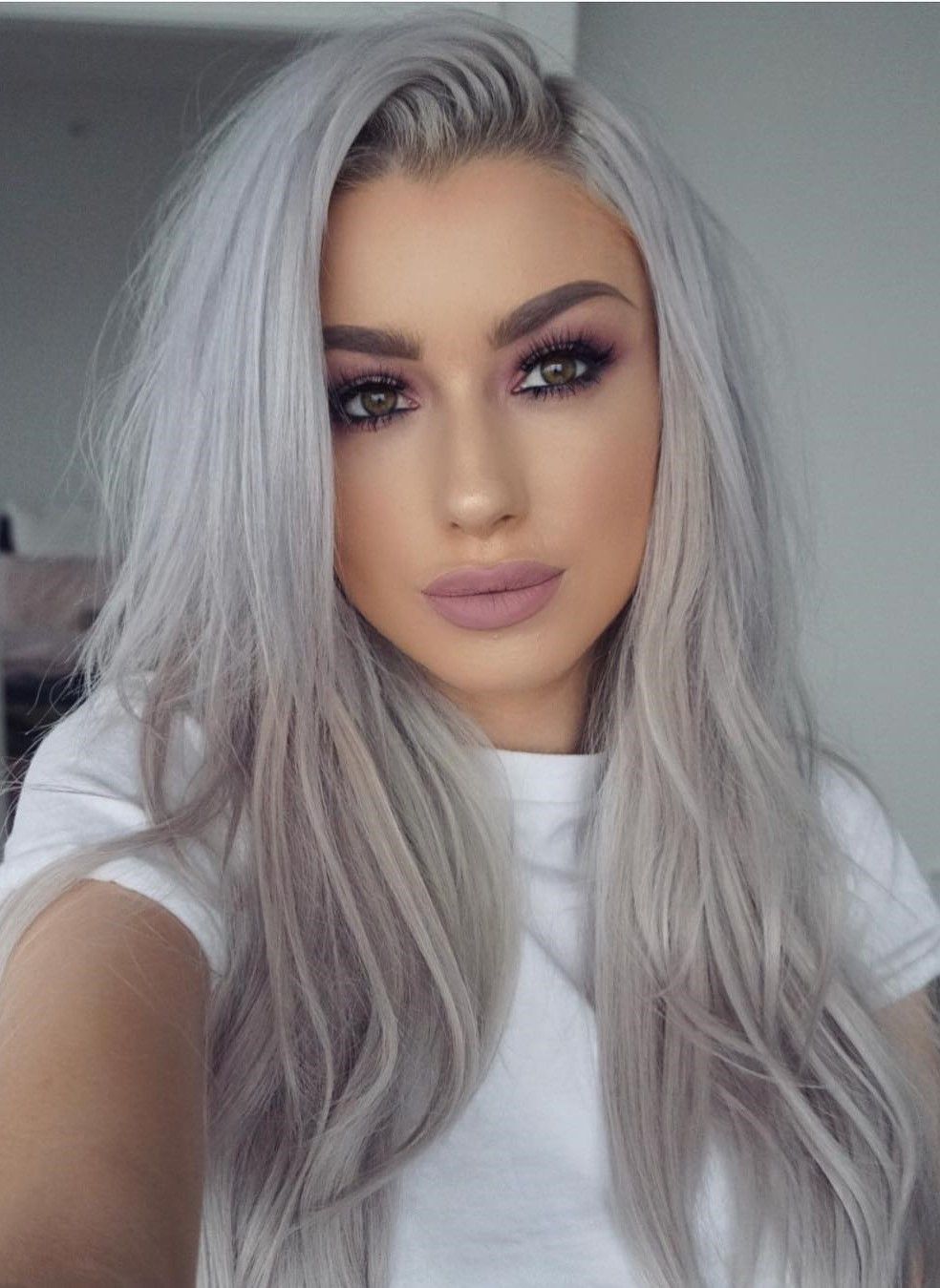
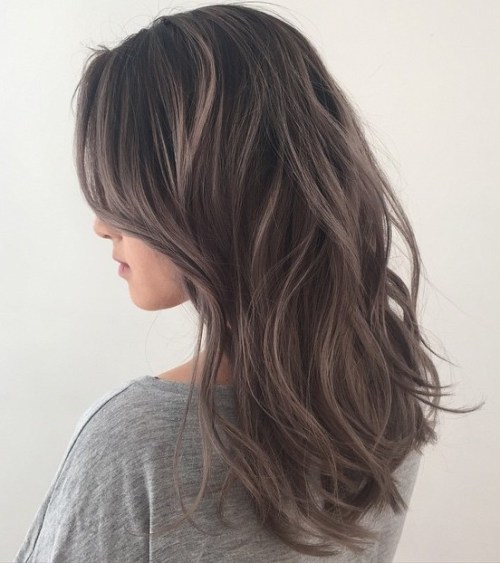
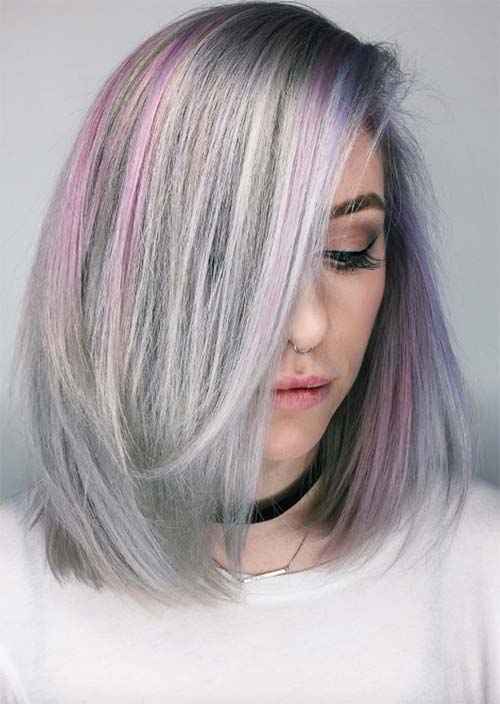
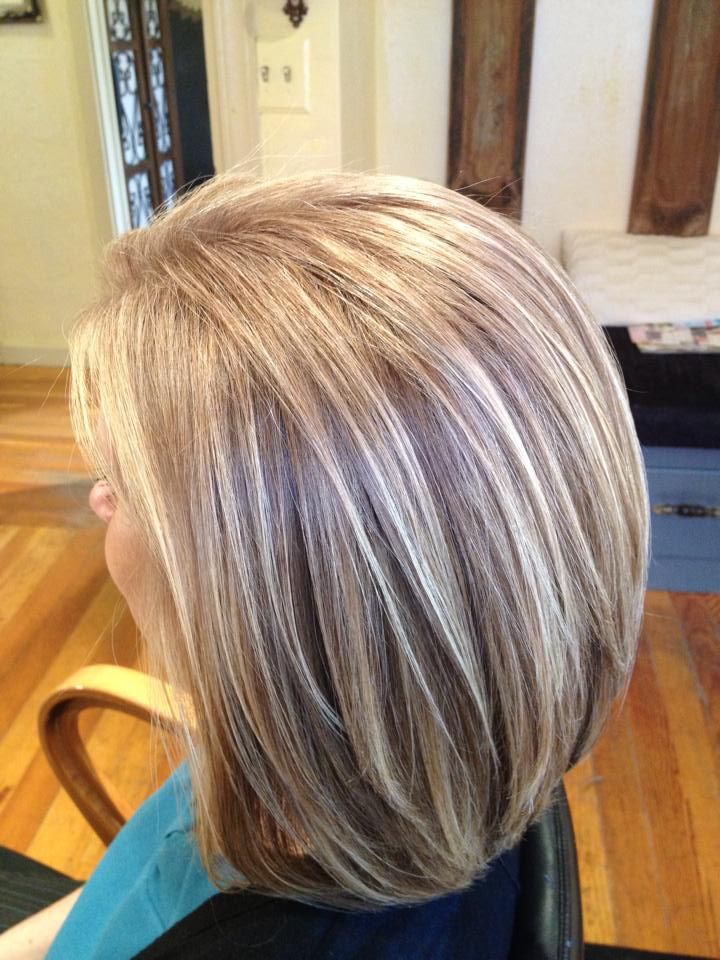
However, stress is a subjective experience, and its impact on a person’s life is different for each individual. For some people, stress is beneficial, and even healthy, depending on its level and duration. But for others, the benefits of stress do not outweigh its negative impact on their health.
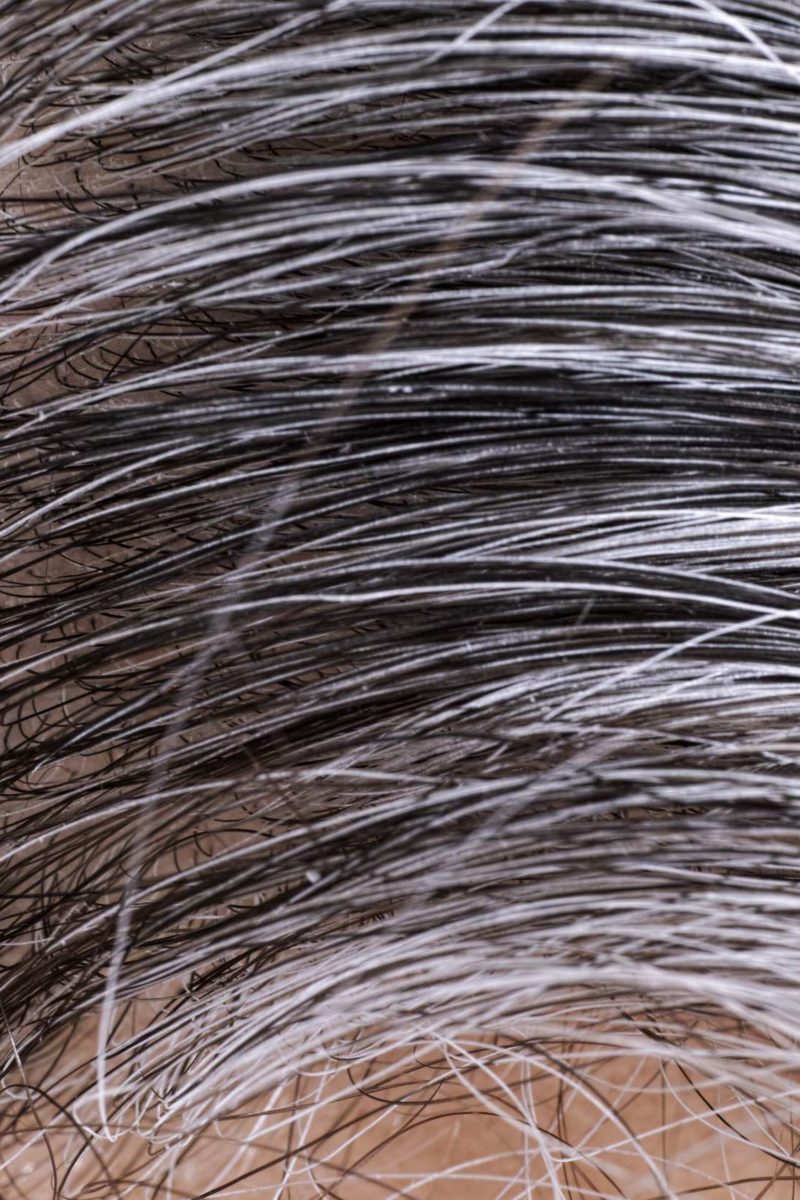
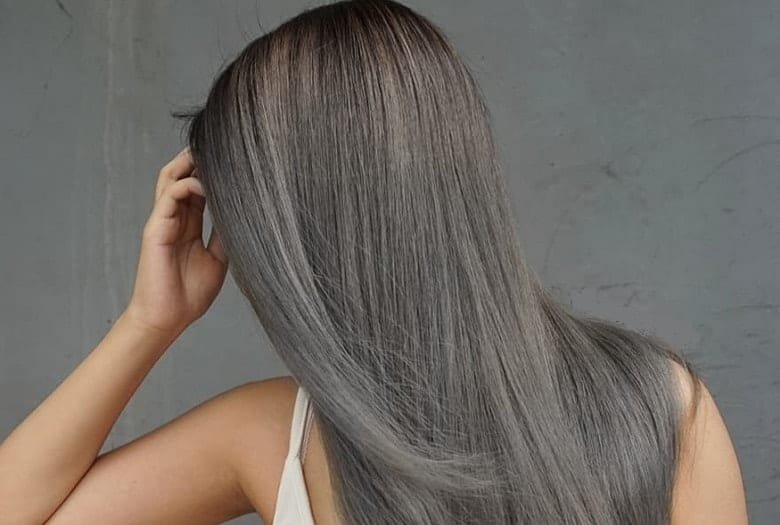

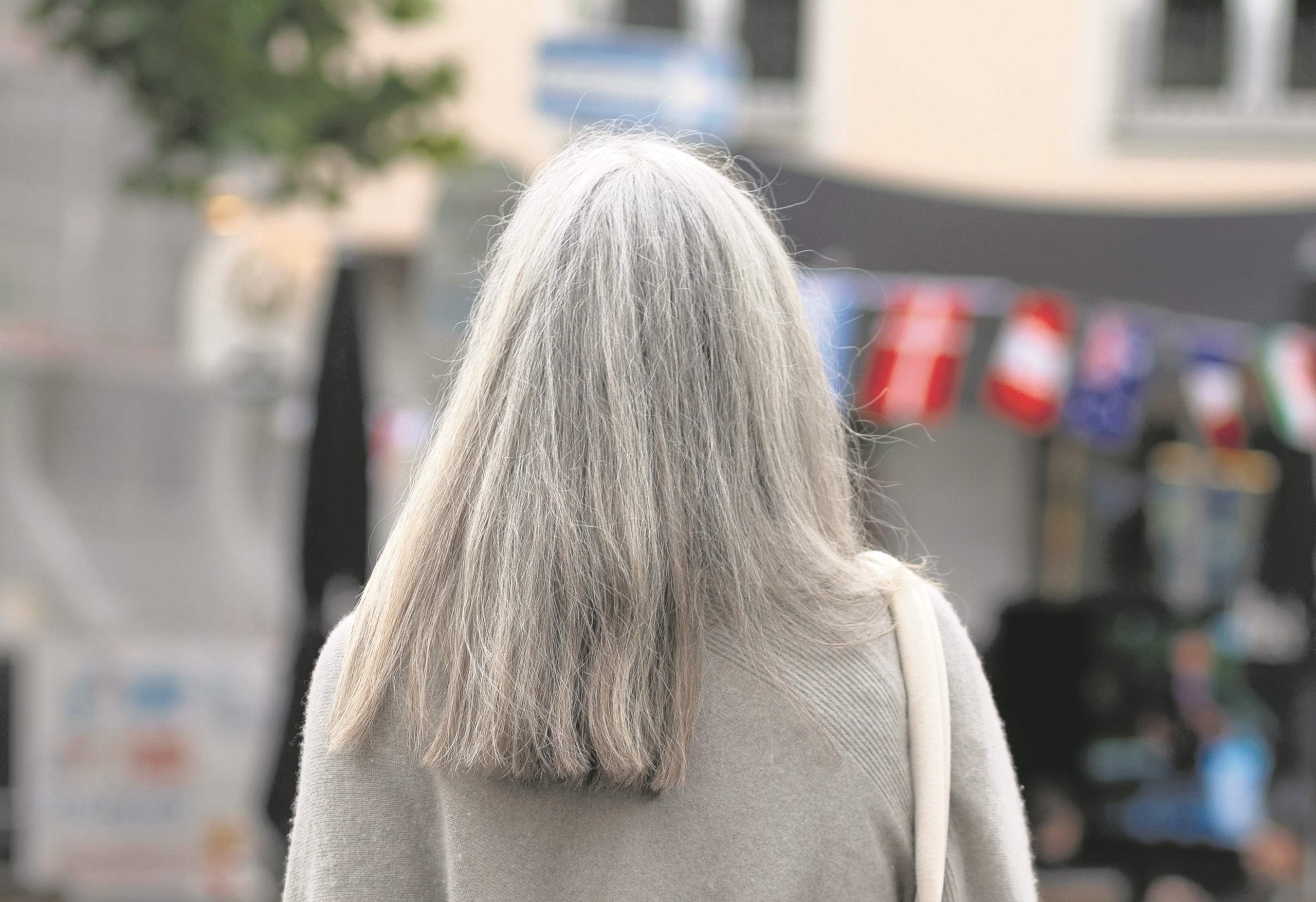
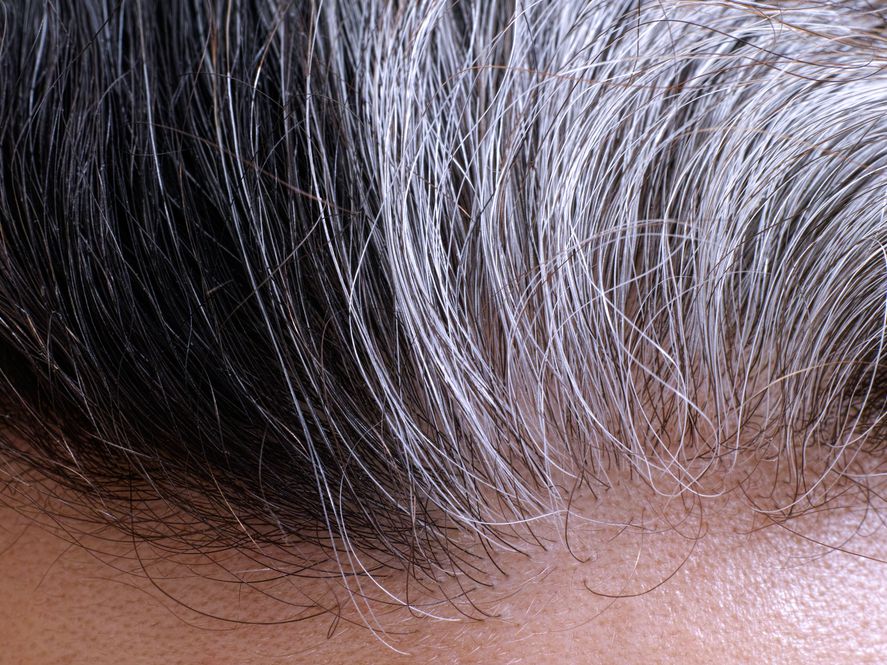
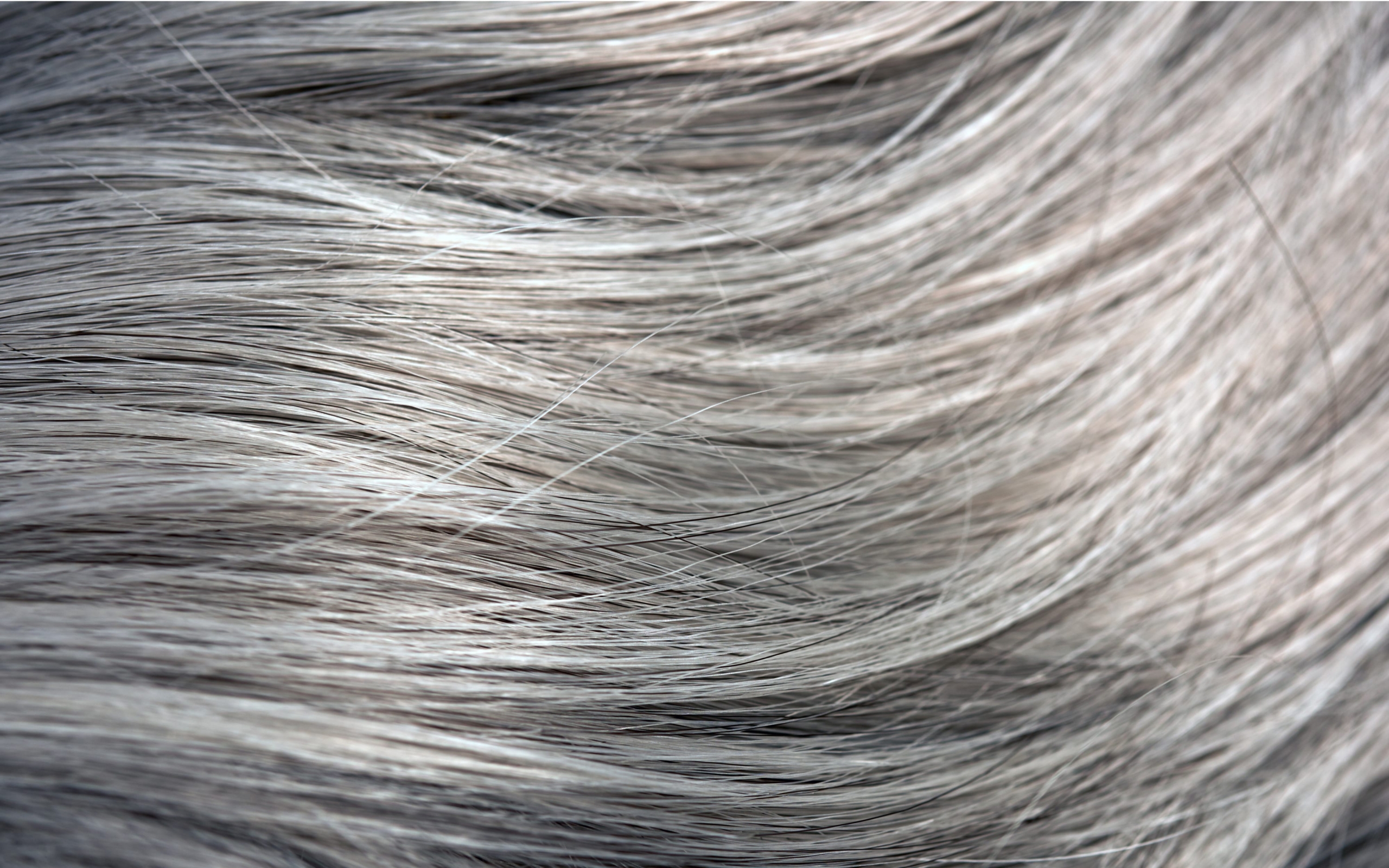
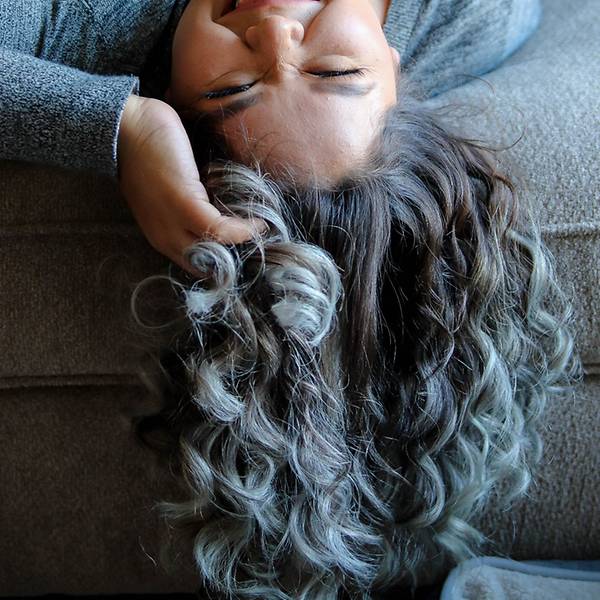
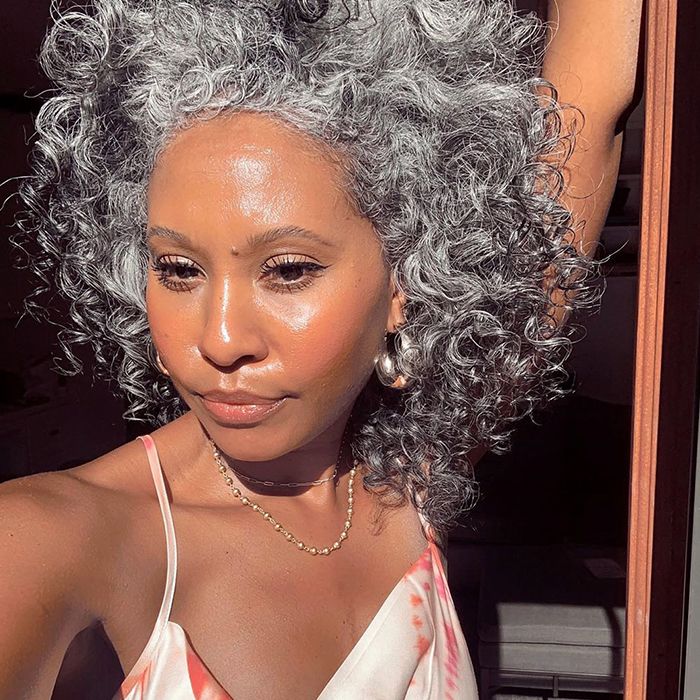
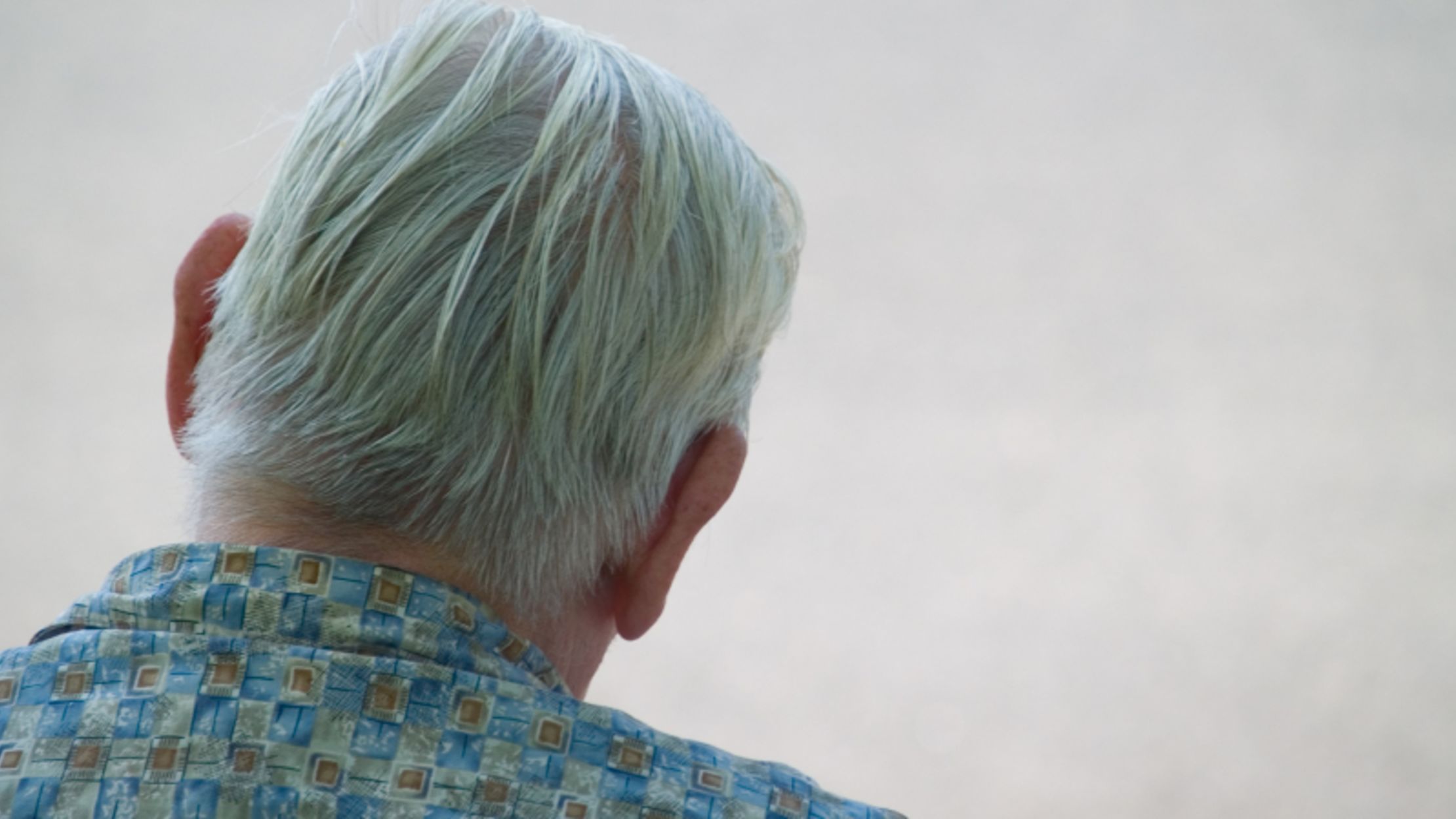
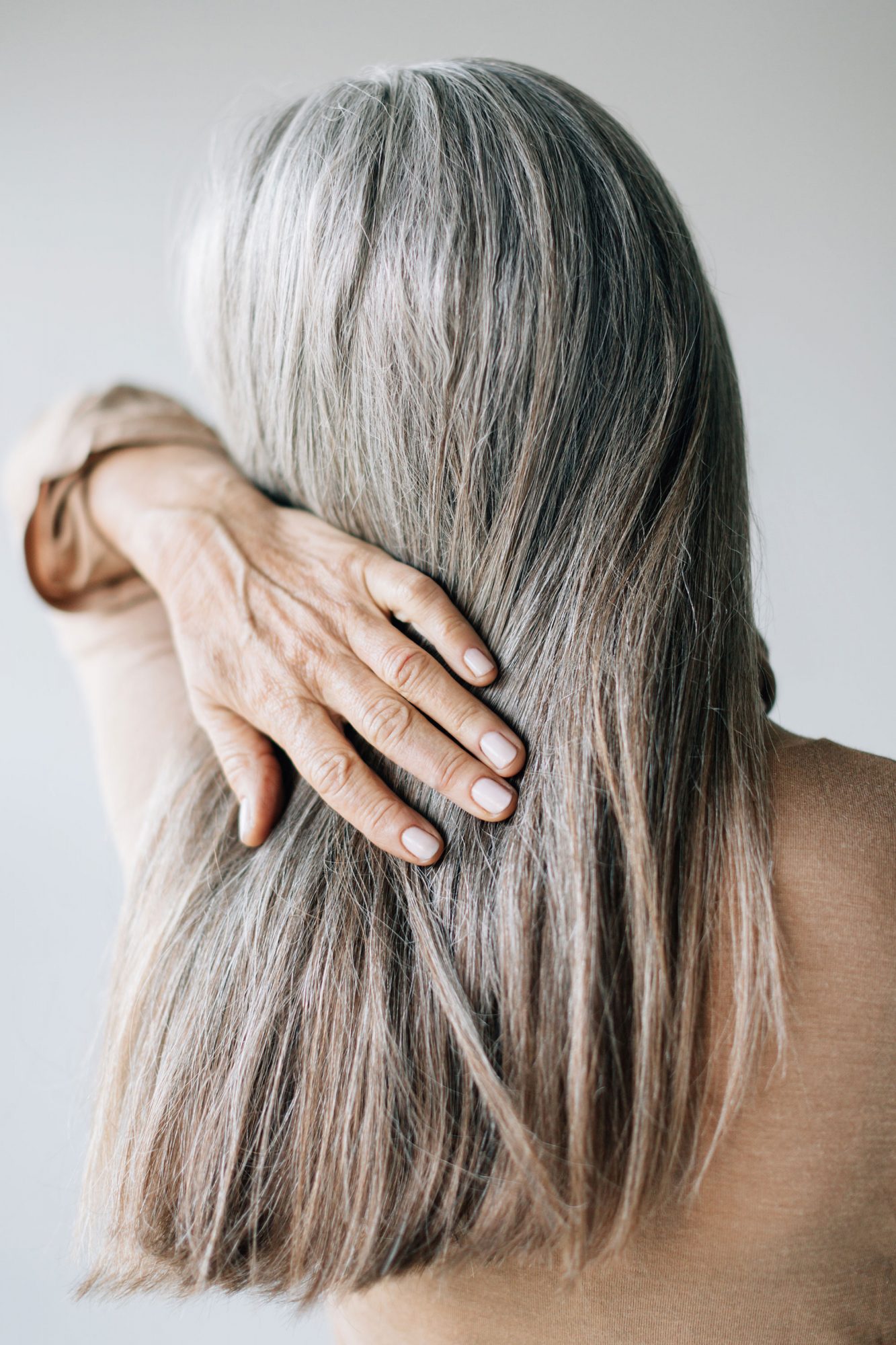


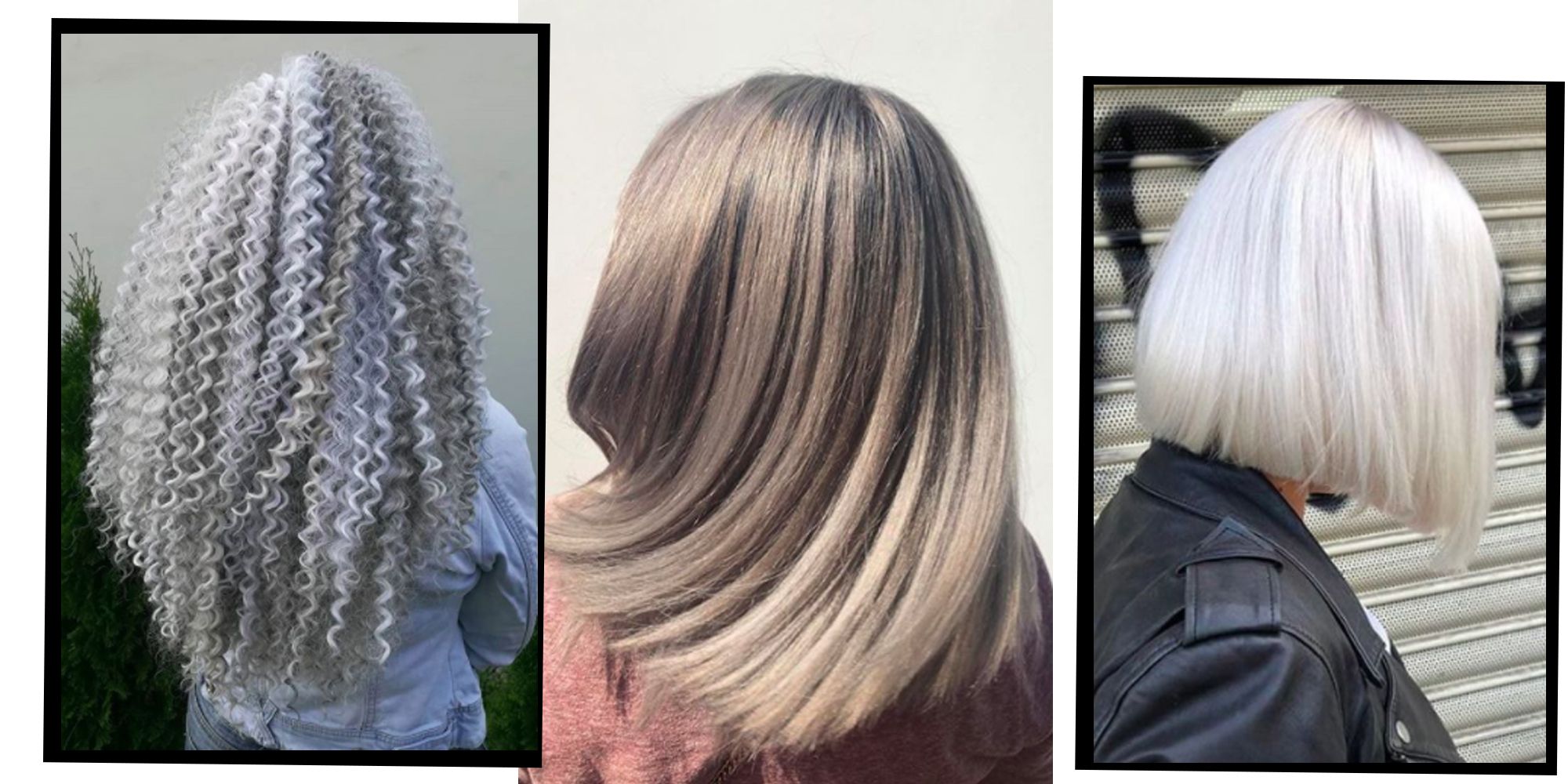
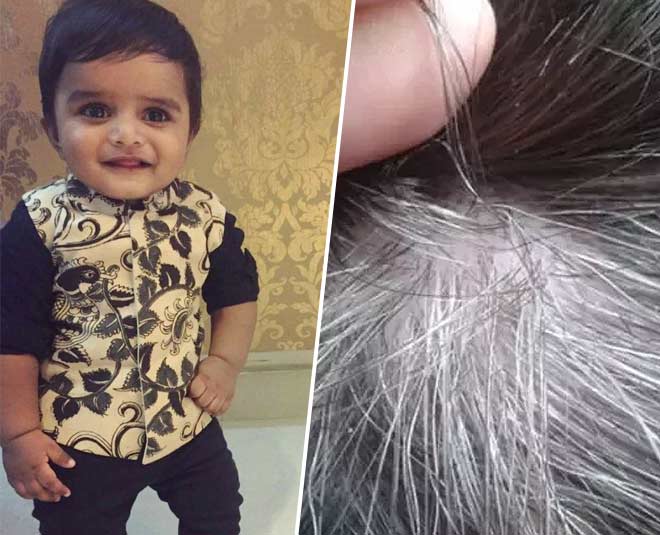

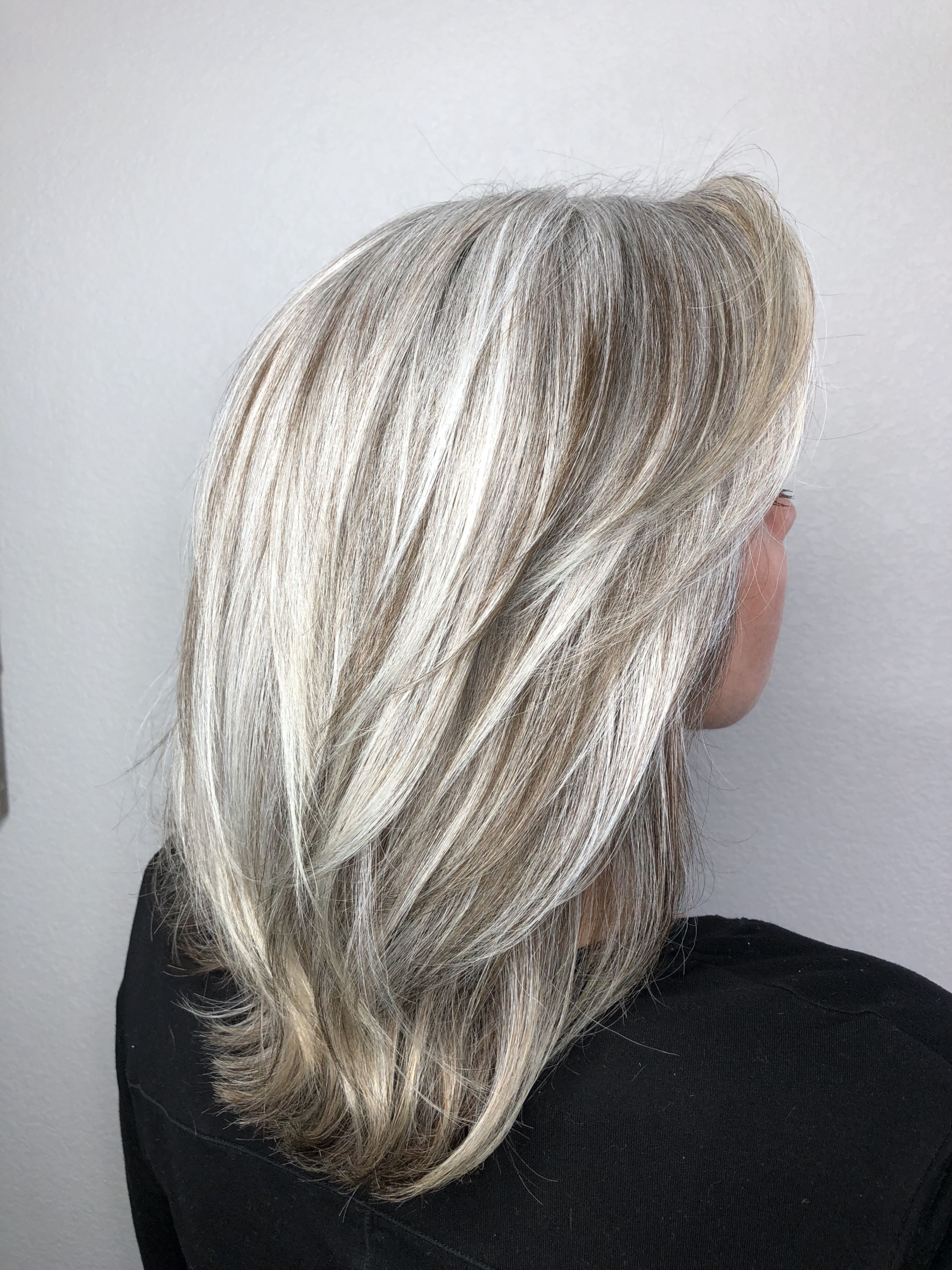
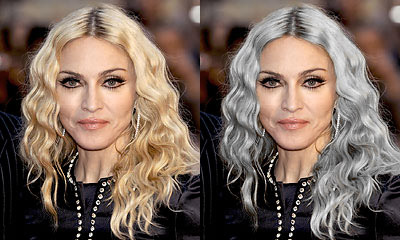


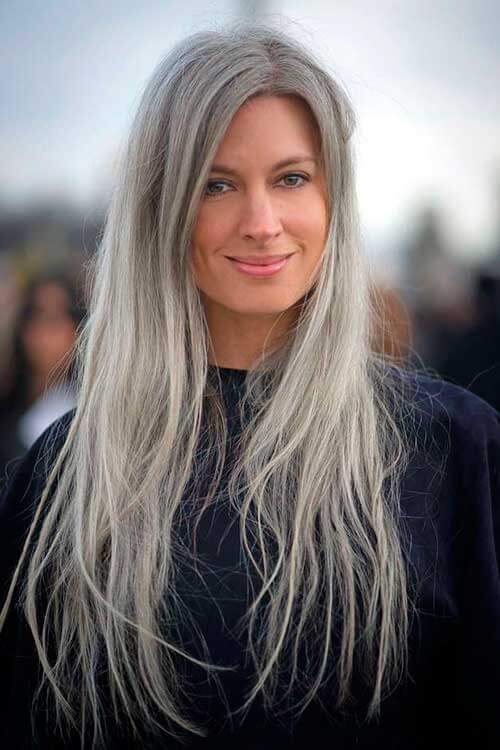

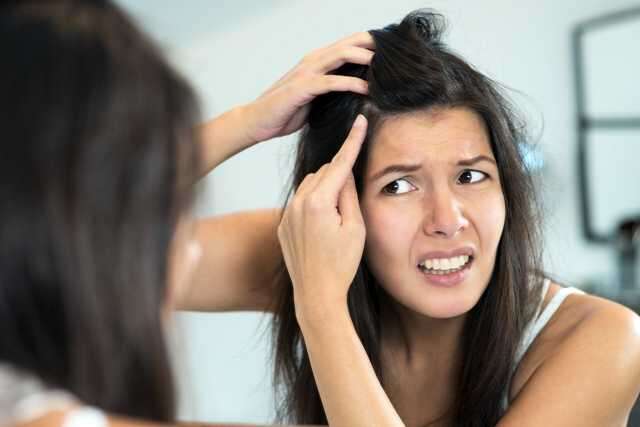

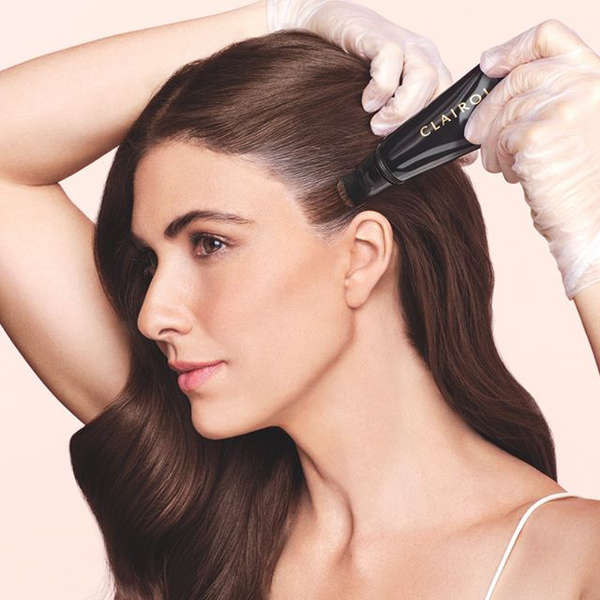
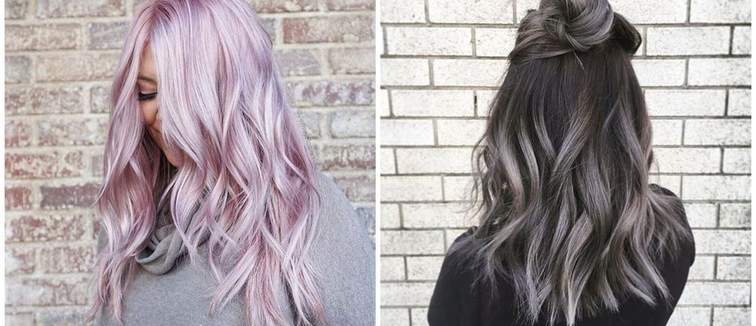

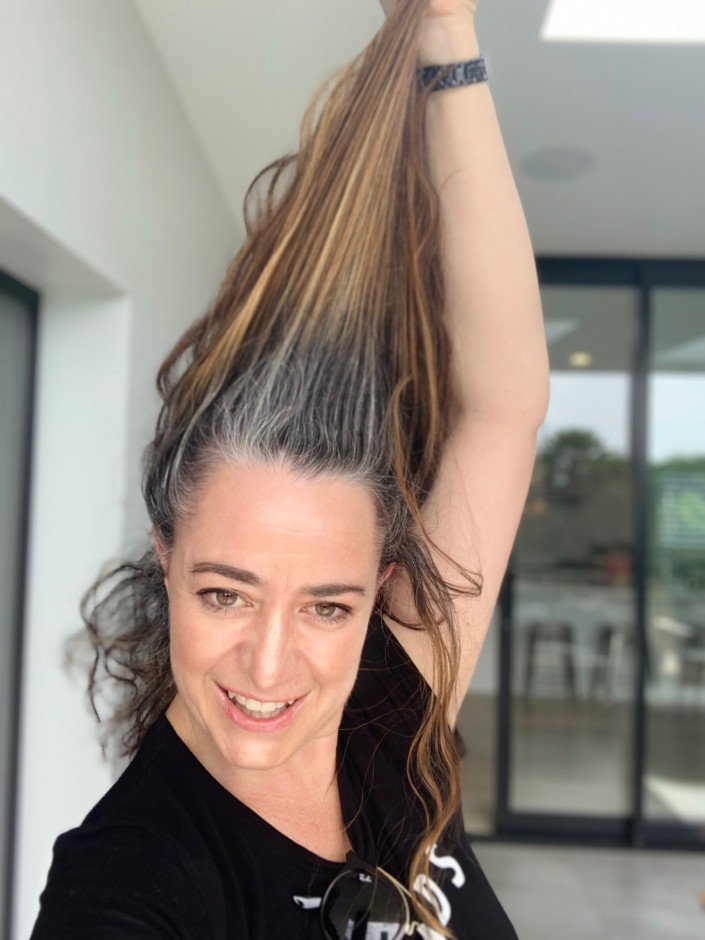
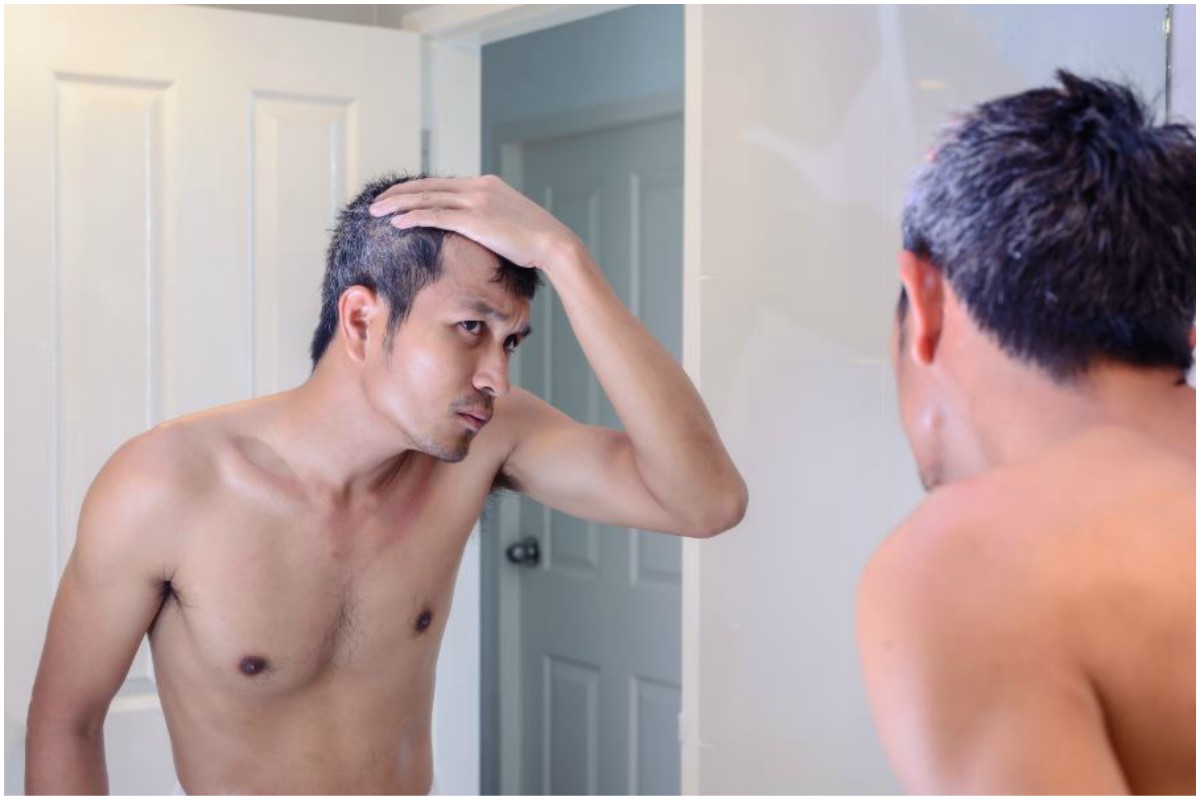
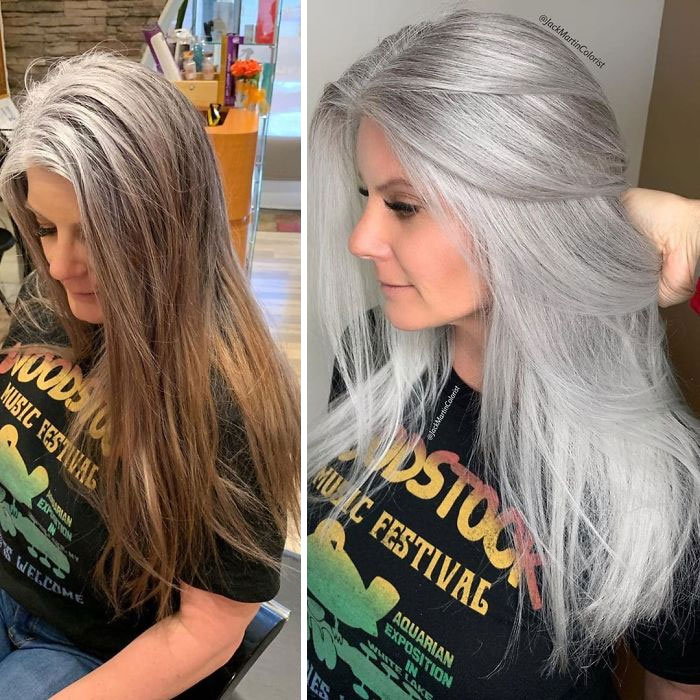
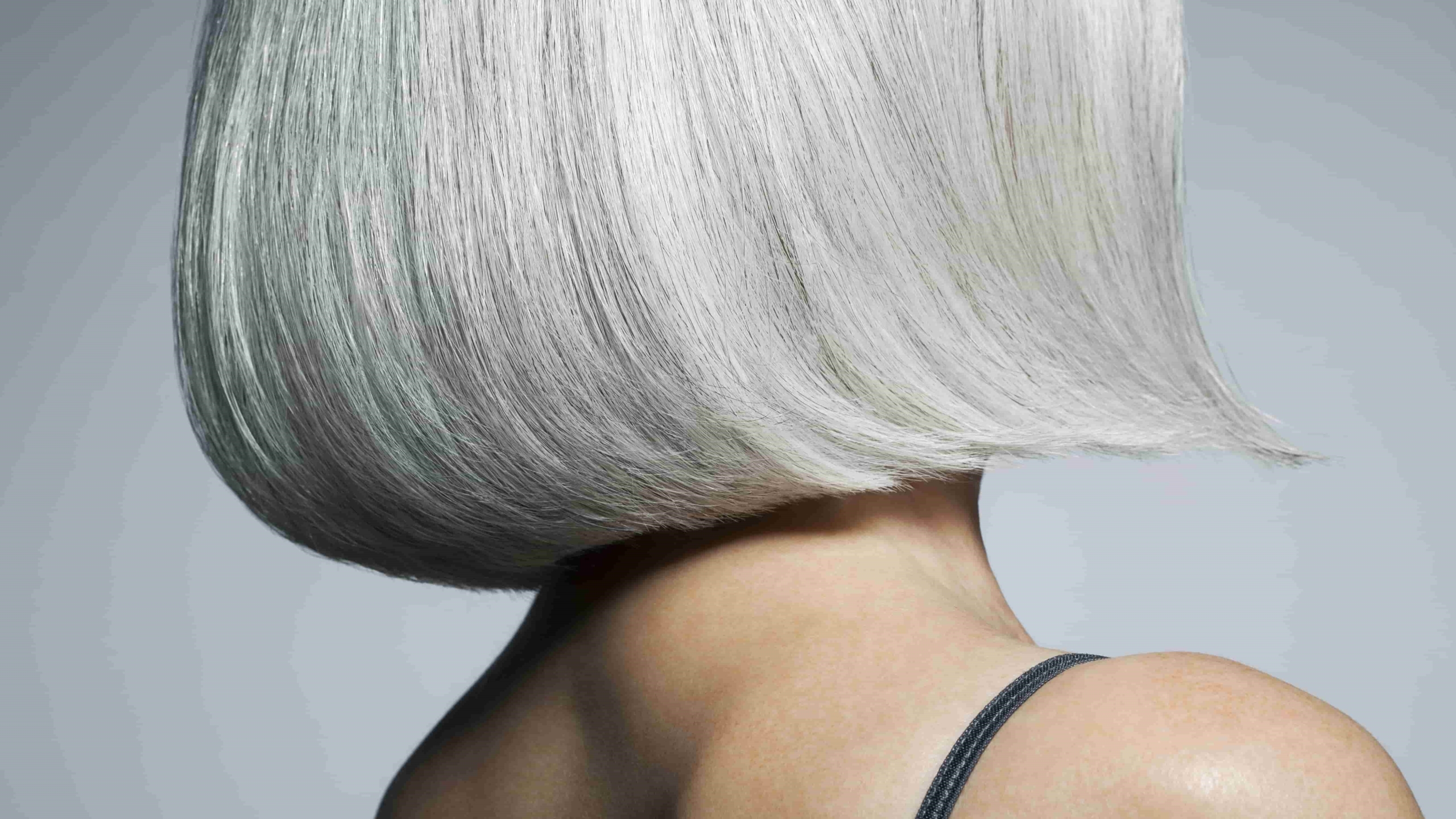


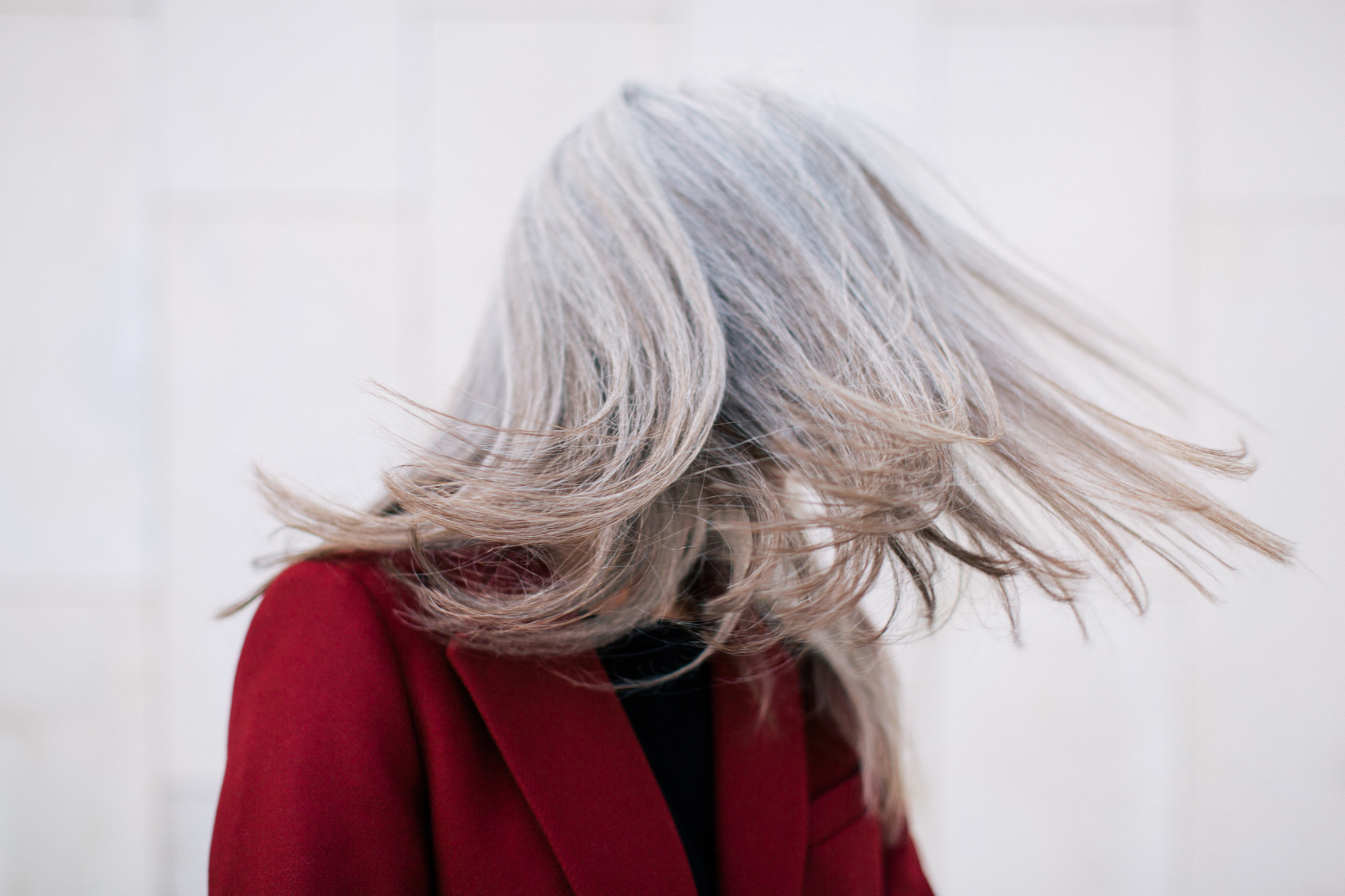
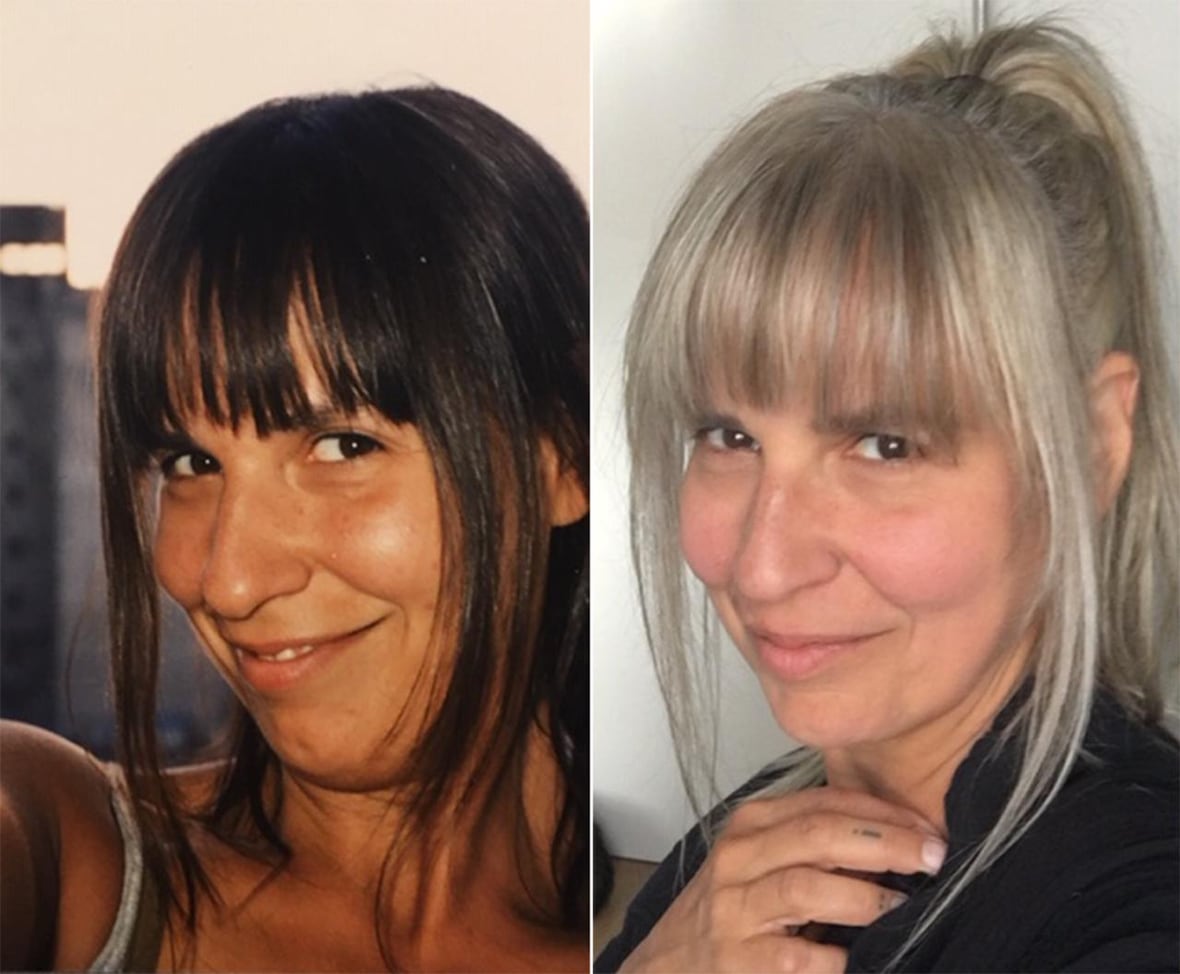
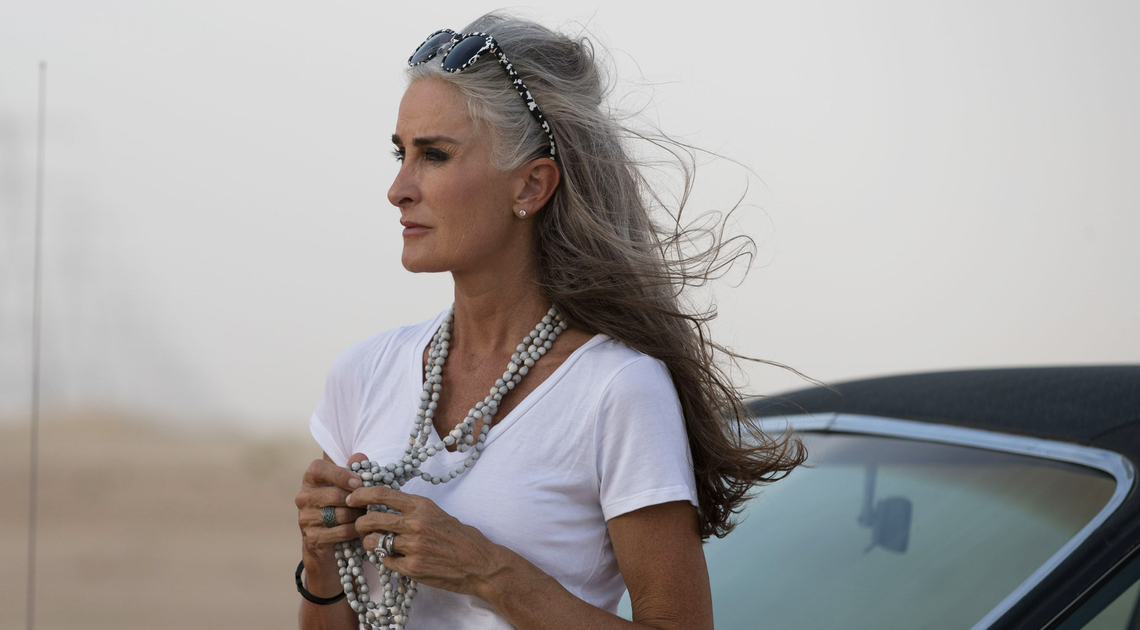
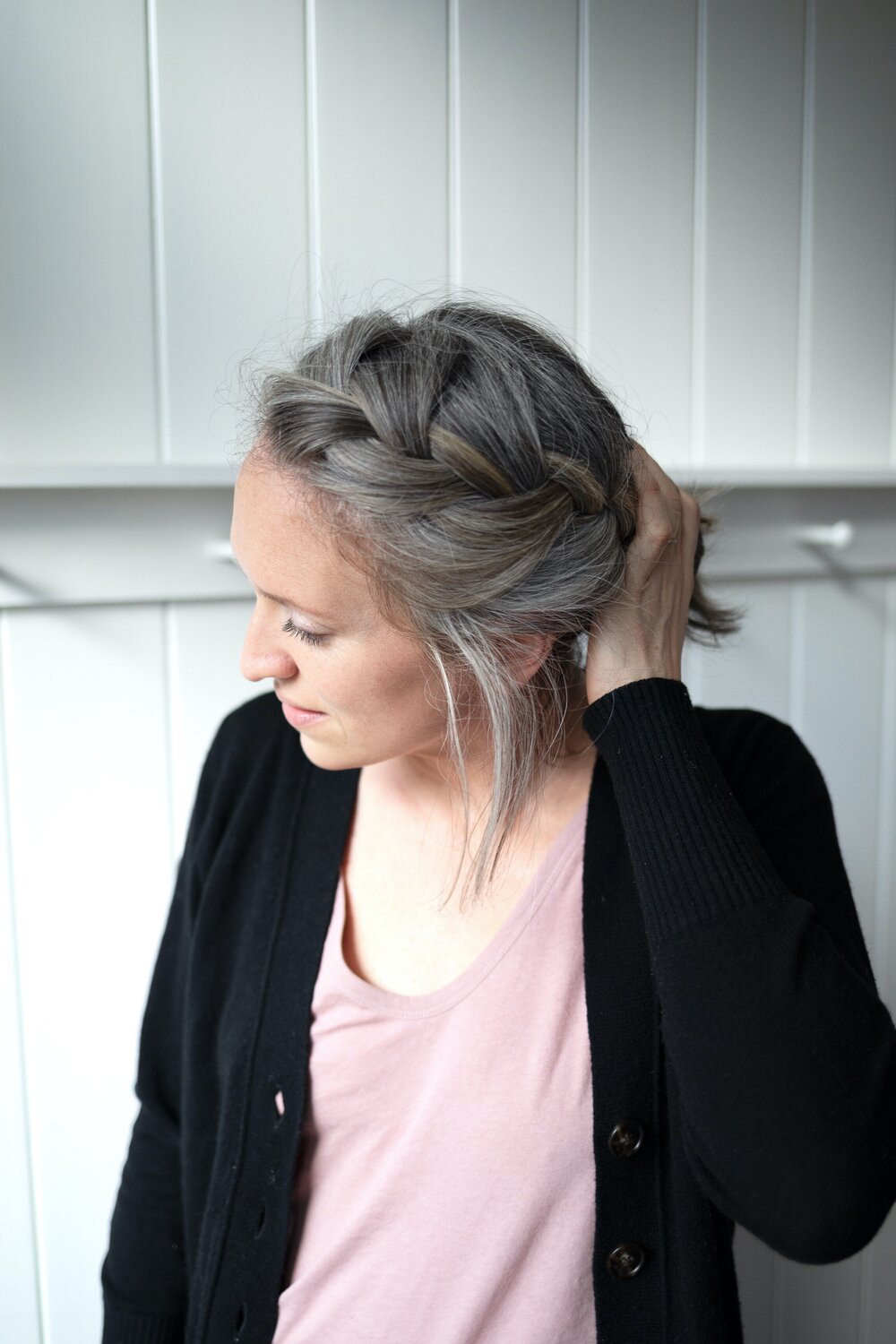
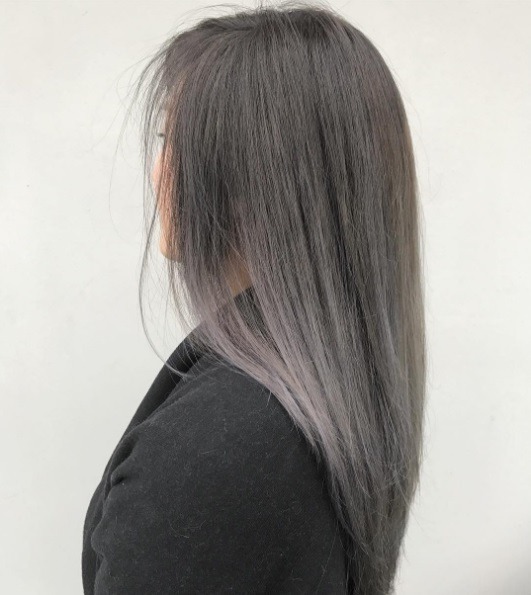


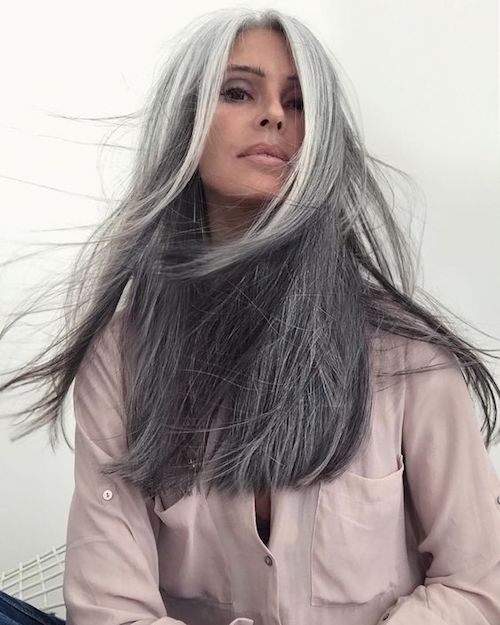
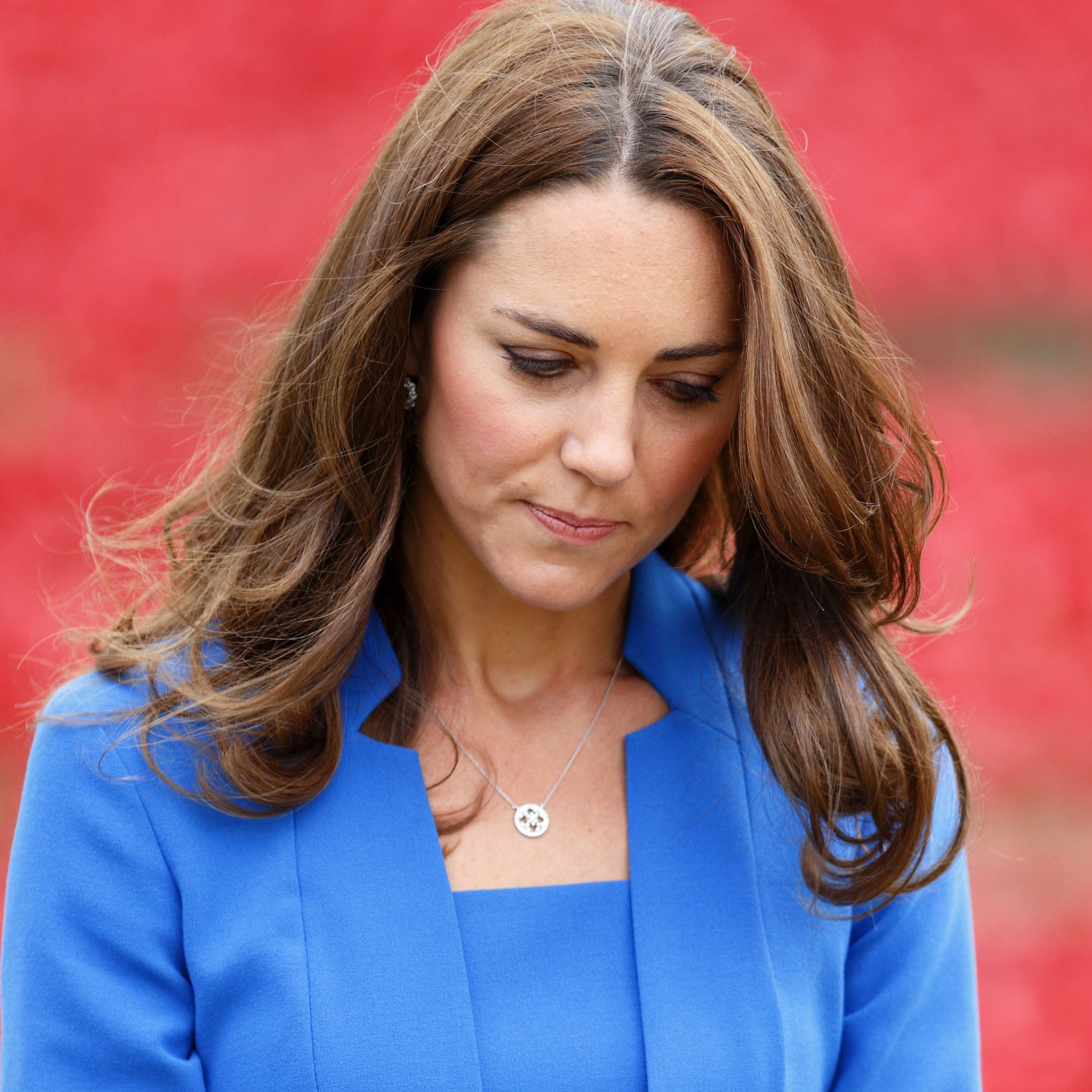
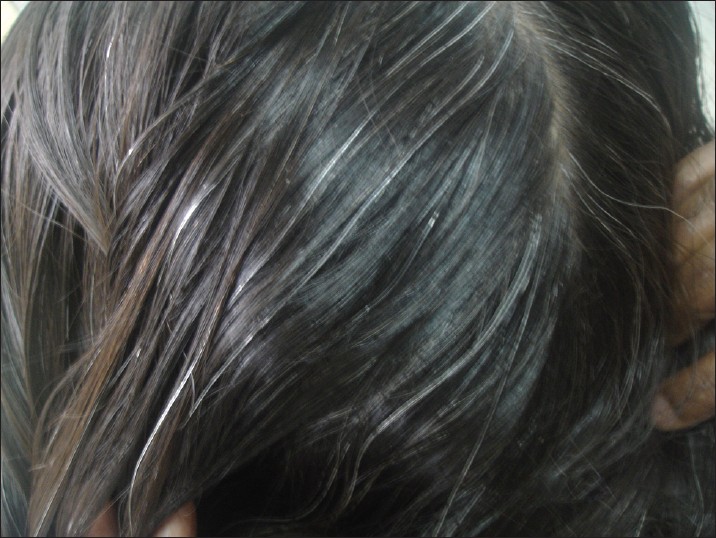


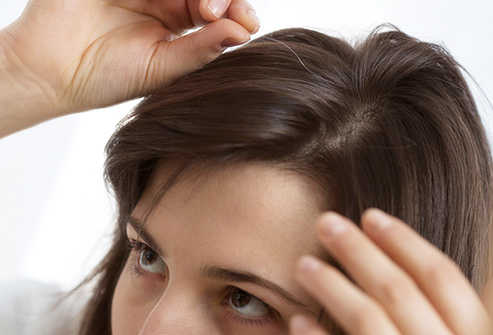
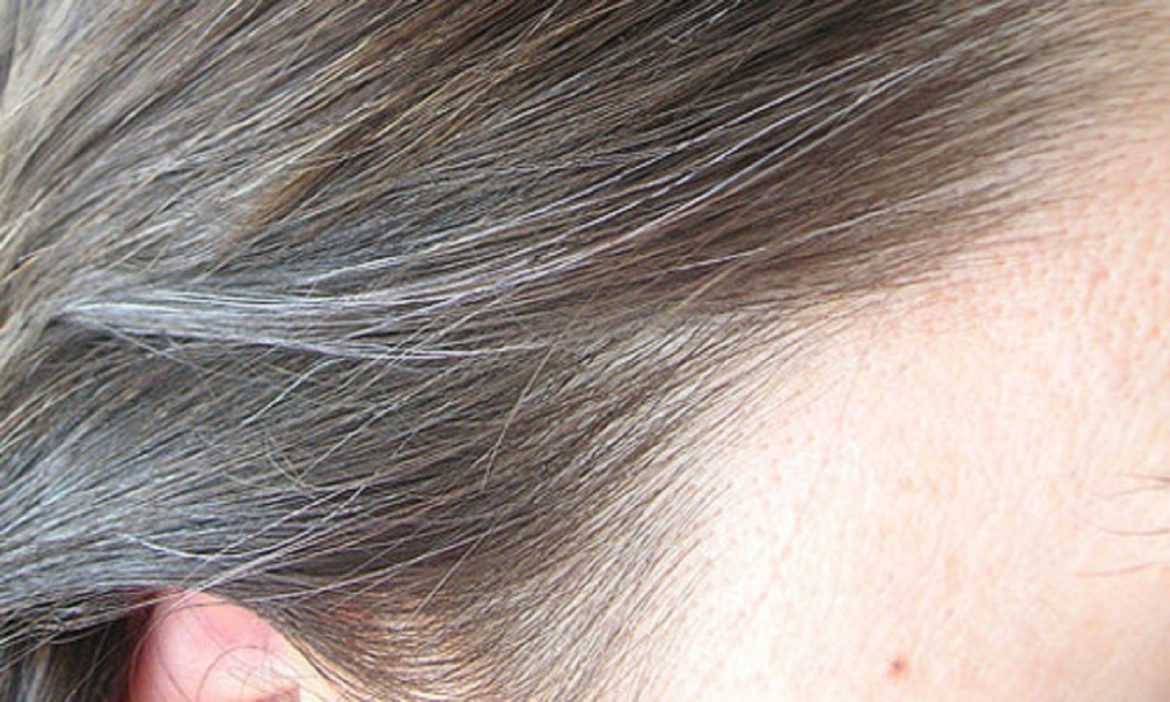
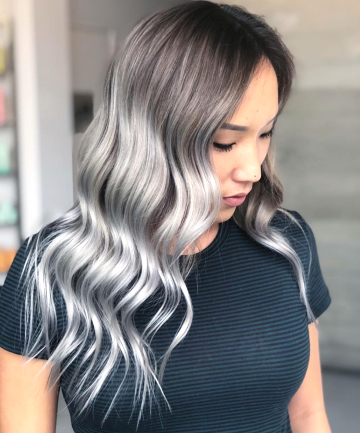

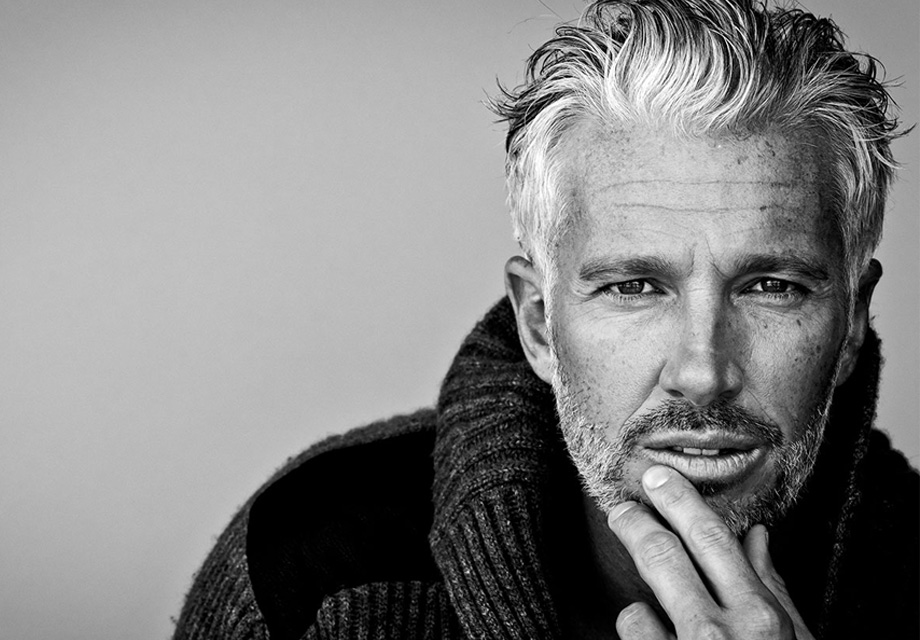



Stress can cause gray hair
There has been some debate over whether stress causes gray hair, but a new study suggests that it can. The researchers looked at the proteins in the hair strands to determine if stress actually causes graying. They also studied how long each strand of hair was. The results showed that the amount of stress related to hair color increased when stress levels were high, but that once the stress was removed, the hair returned to its original color.

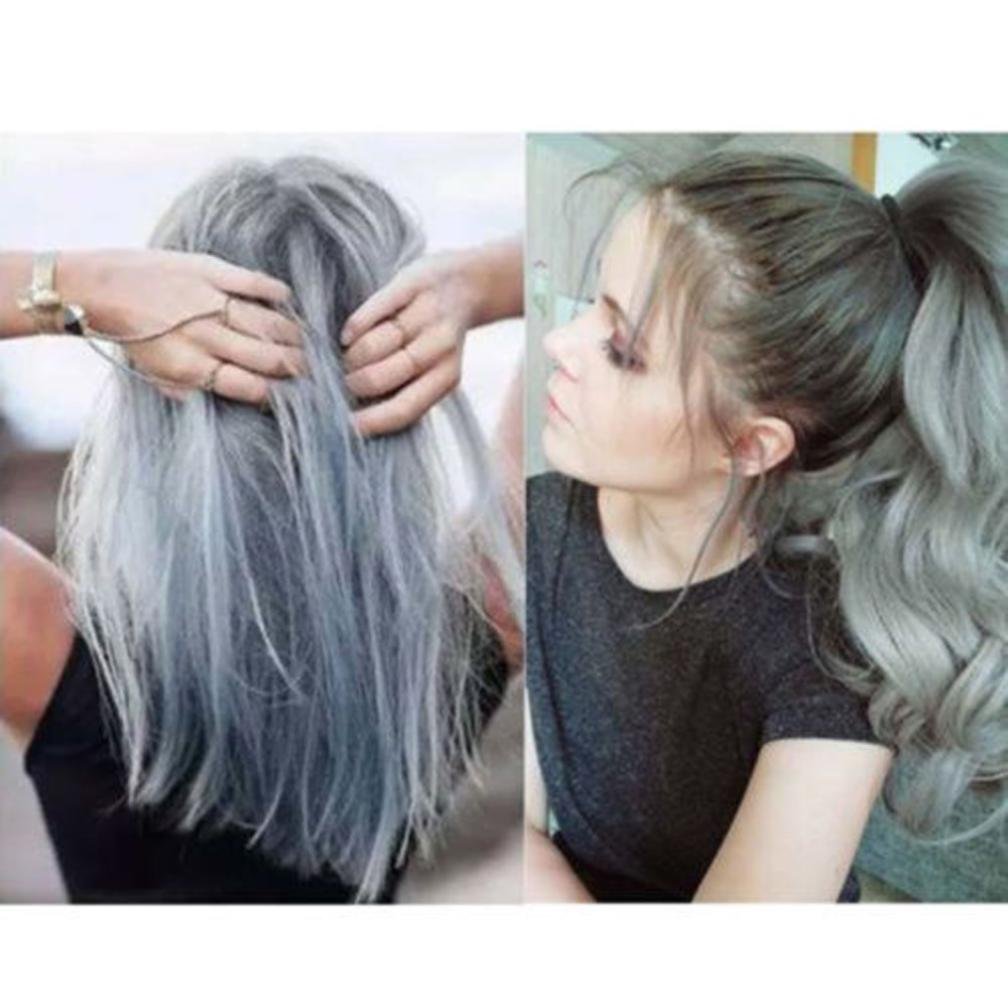

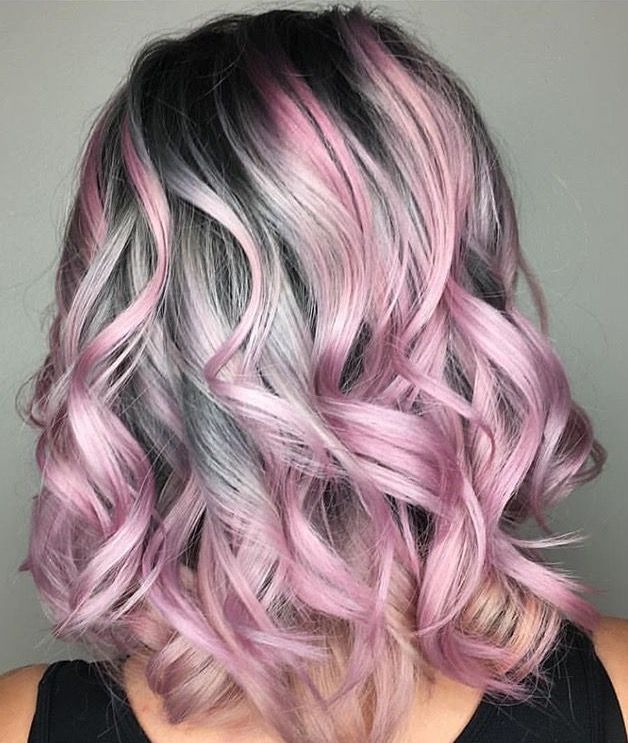

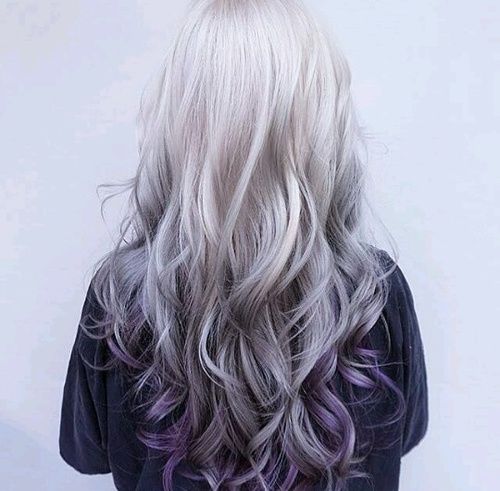
A study conducted by Harvard University found that high levels of stress can make hair turn gray. The study found that the “fight or flight” response triggered by stress actually turns hair gray. It is the first study to show that the connection between stress and graying hair is real. This is a fascinating discovery that shows that stress affects both your skin and hair.
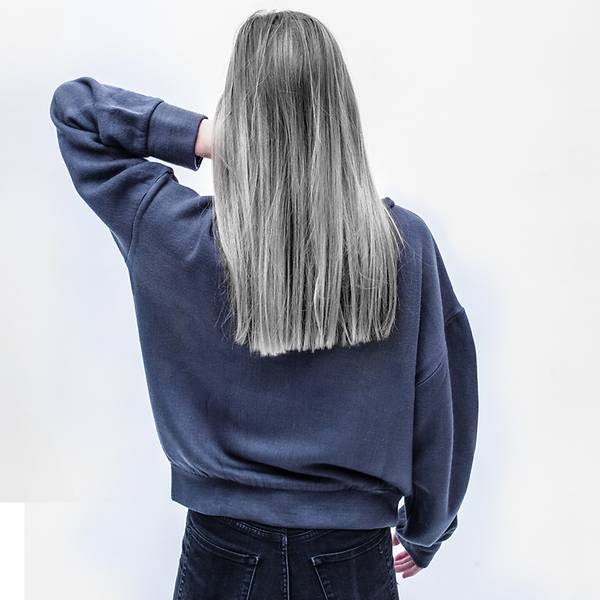
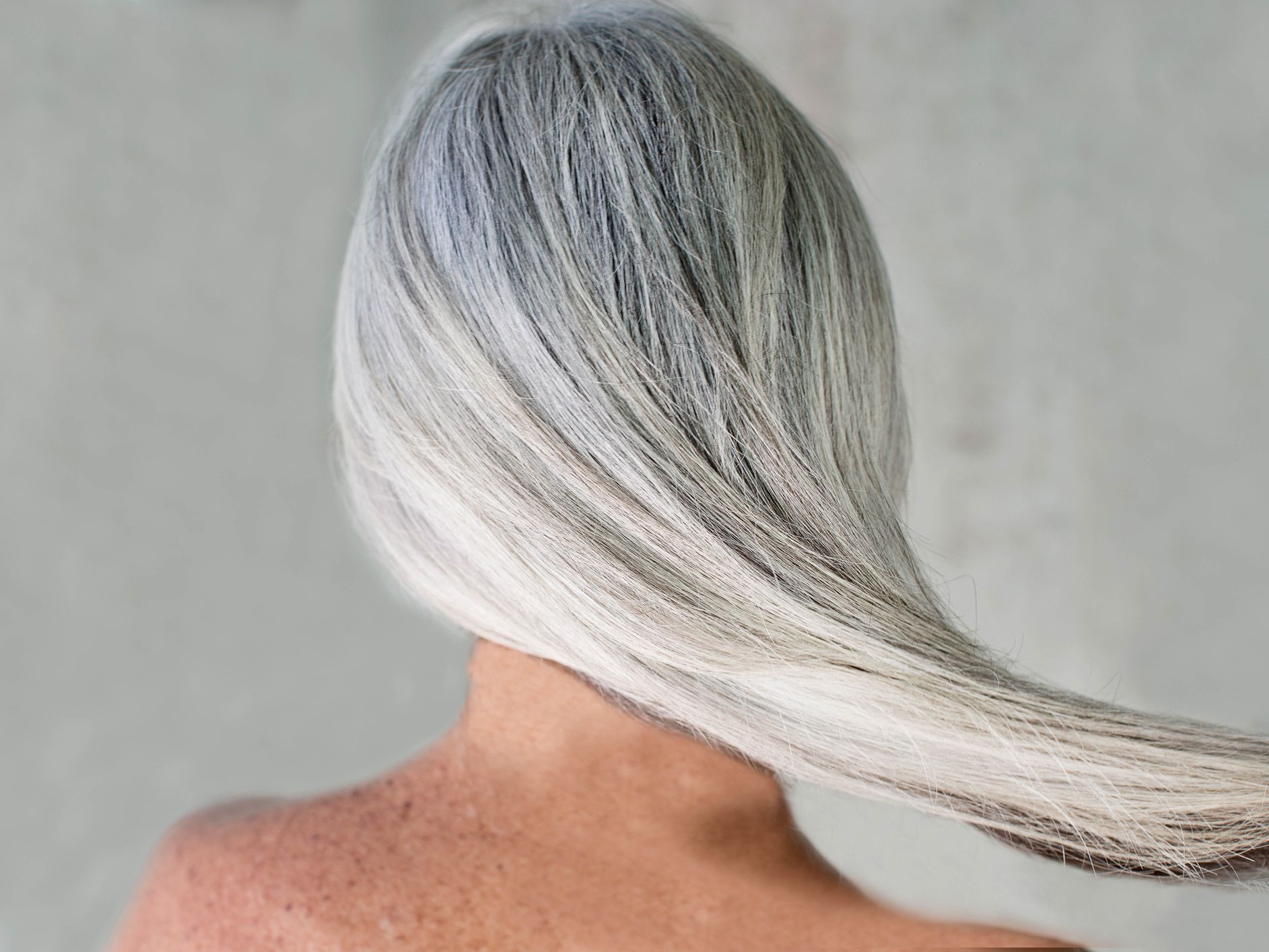
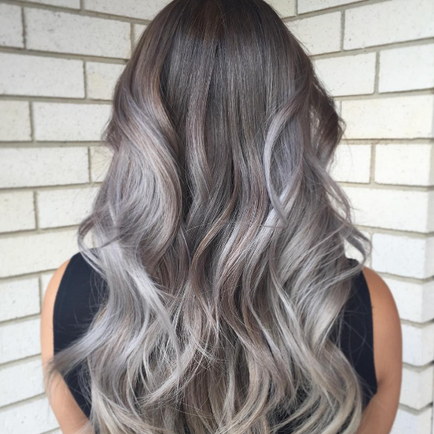
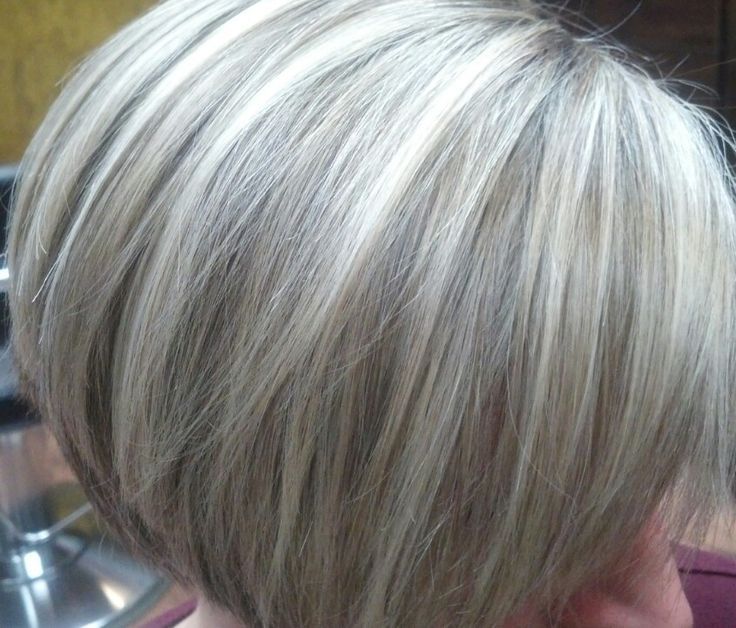
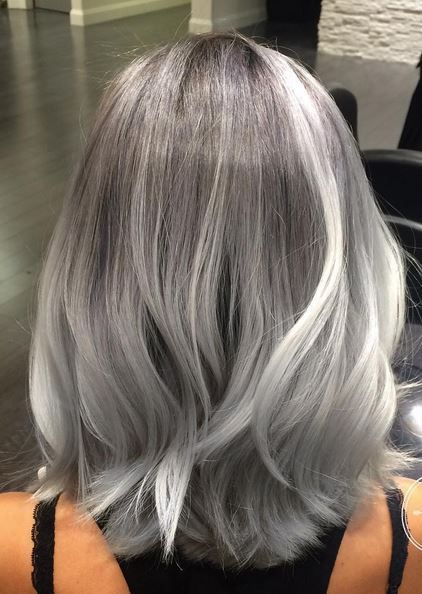
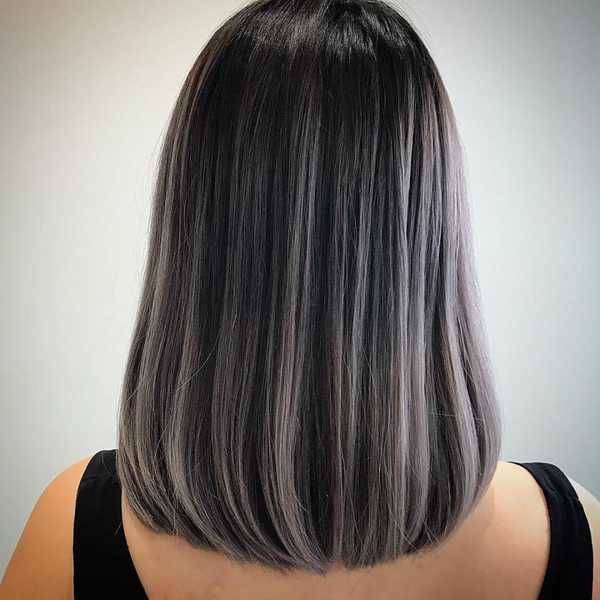
Stress causes your body to release cortisol, which reduces your thyroid hormones. Consequently, your thyroid can’t keep up with the decreased hormones, which change the appearance of your hair and cause it to turn gray. This leads to the loss of melanin, the pigment that gives your hair its color. Although there is no permanent solution for graying hair, it’s possible to prevent graying by supporting your body holistically.
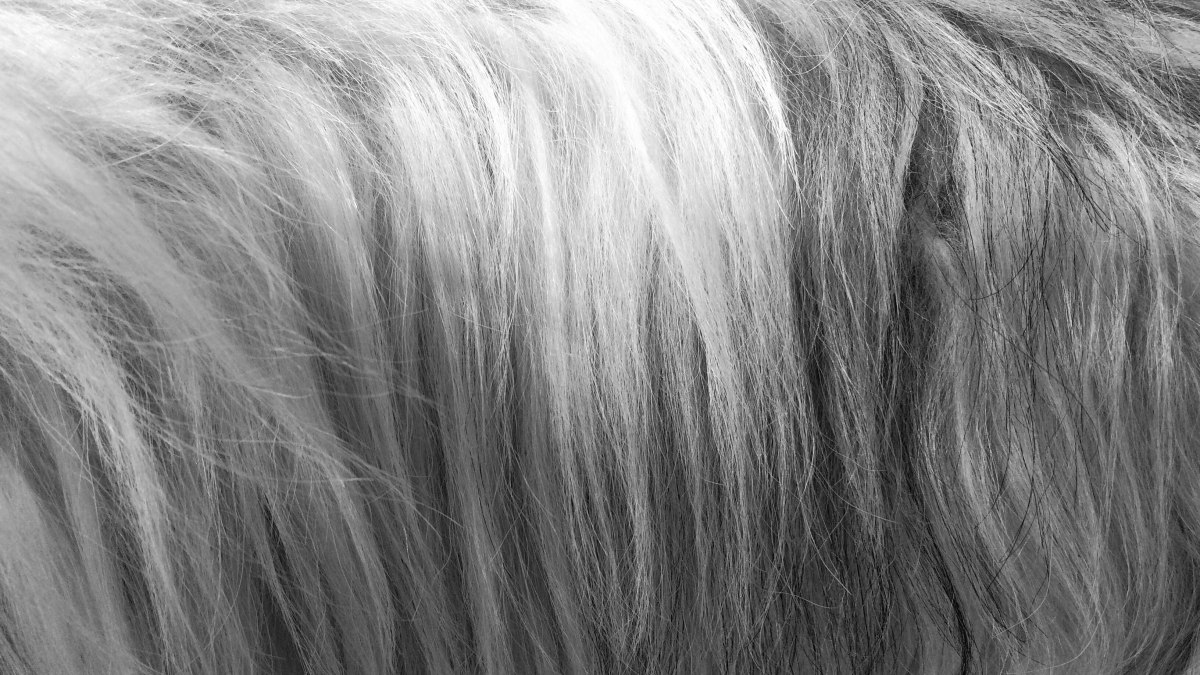
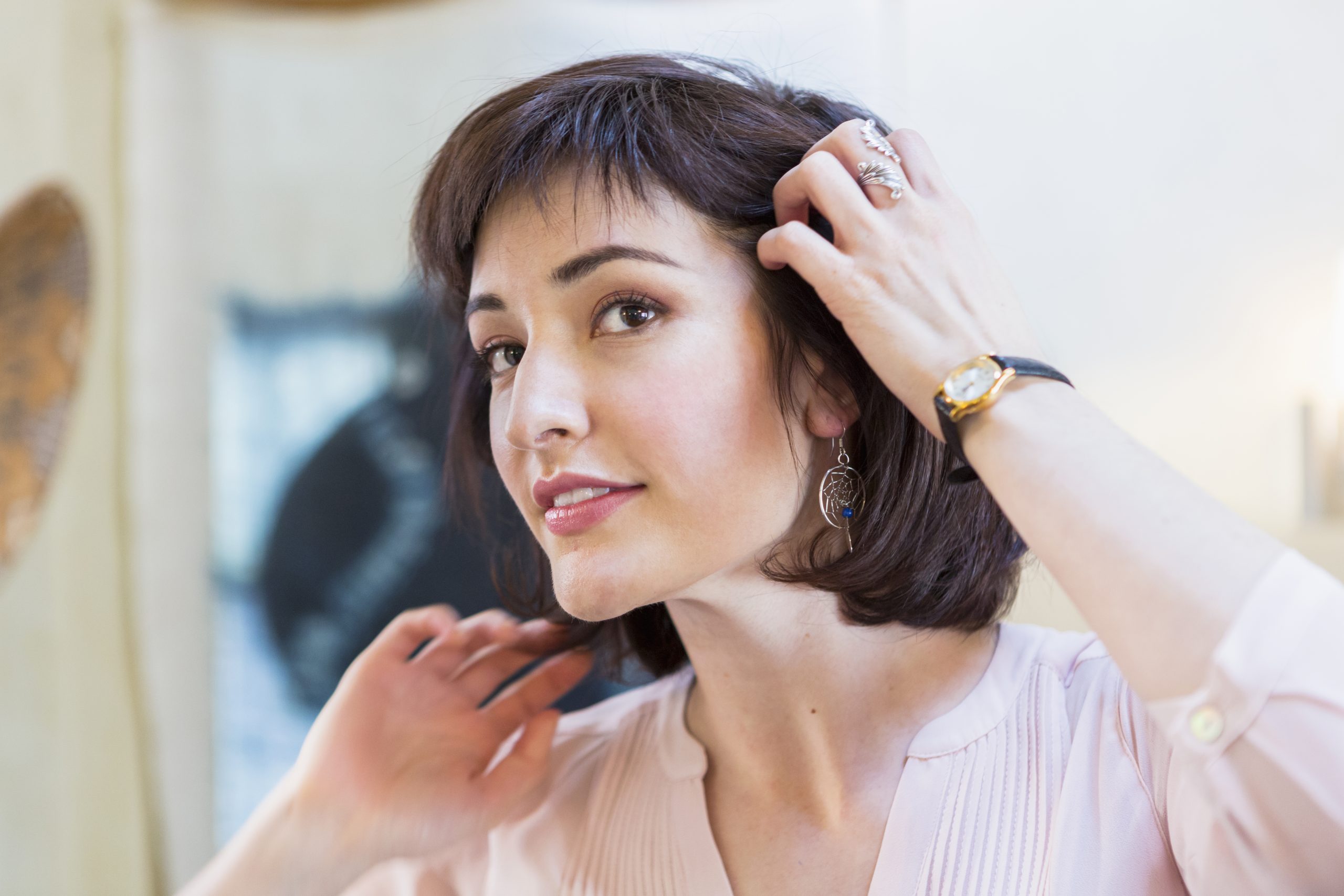
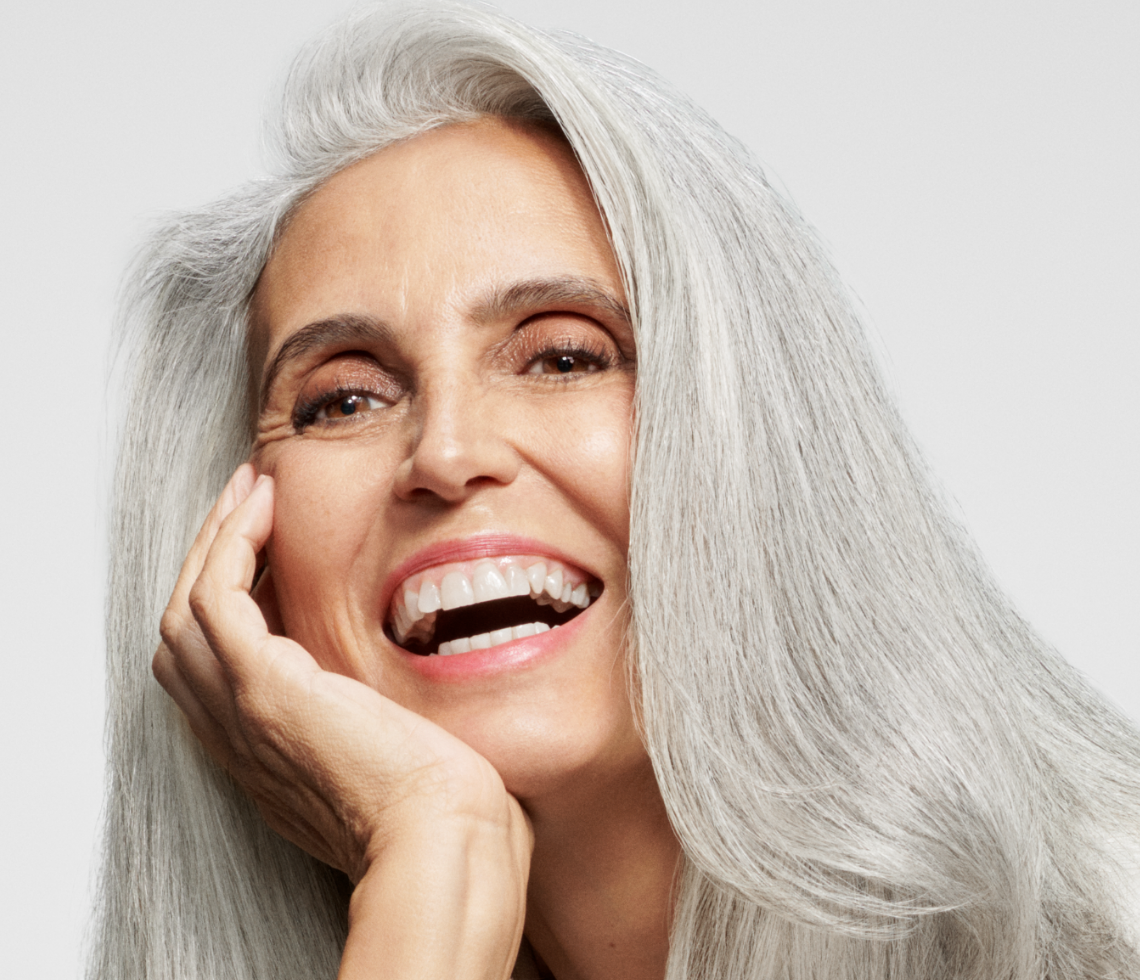
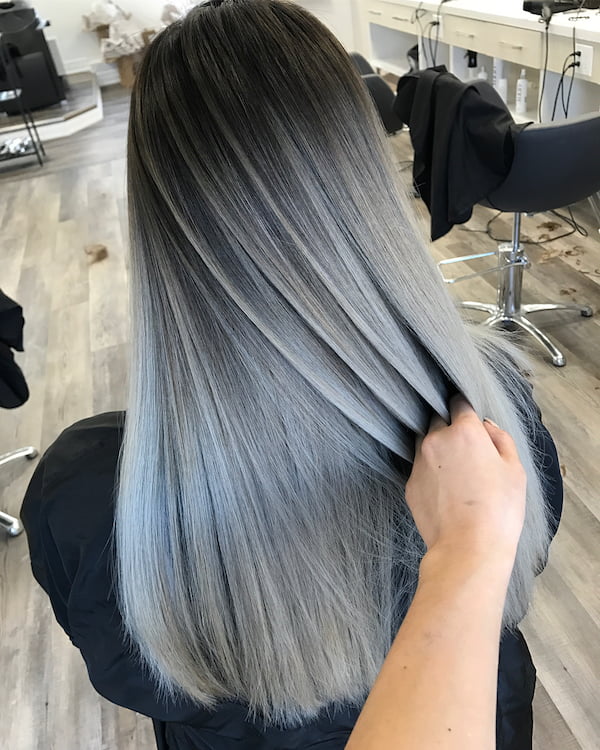

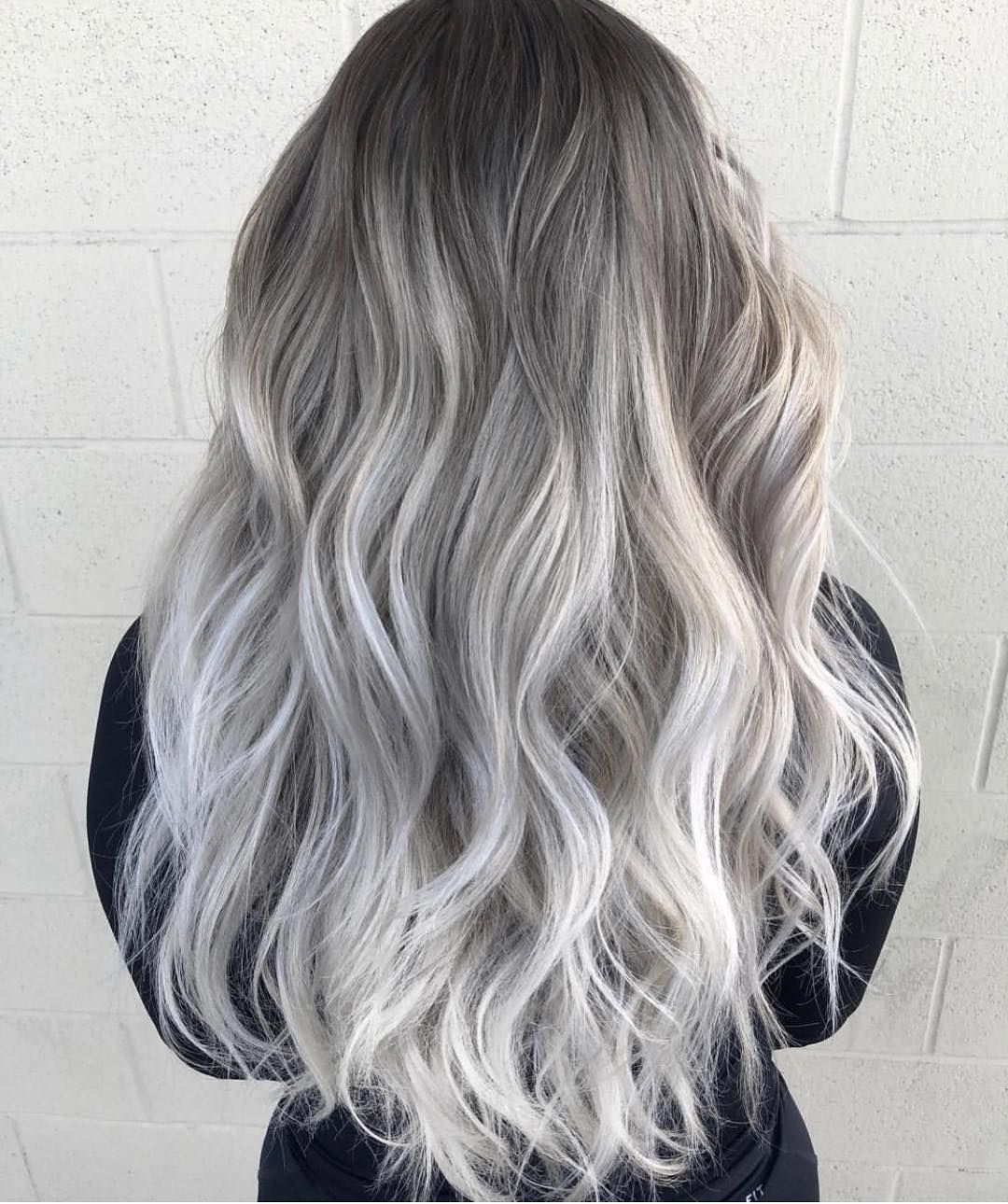
Excessive stress can lead to the premature aging of your hair. This is caused by free radicals in the hair shaft. These free radicals damage the cells in the hair shaft. Additionally, excessive stress causes oily skin and acne.
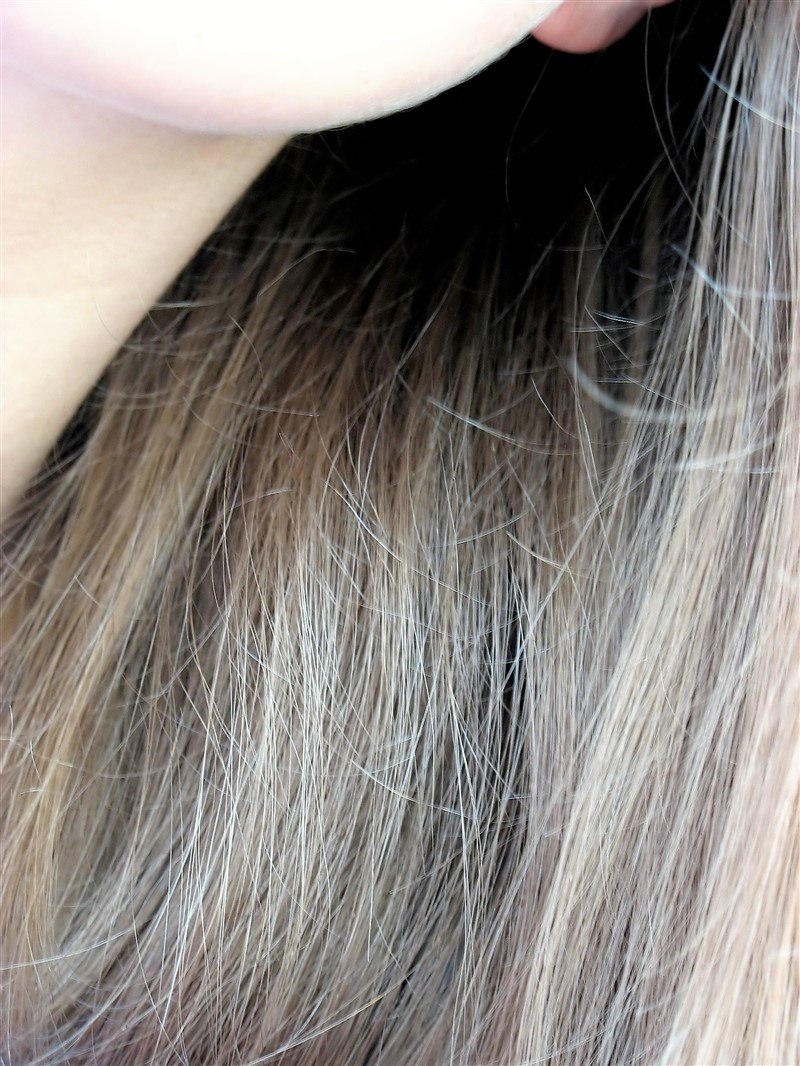
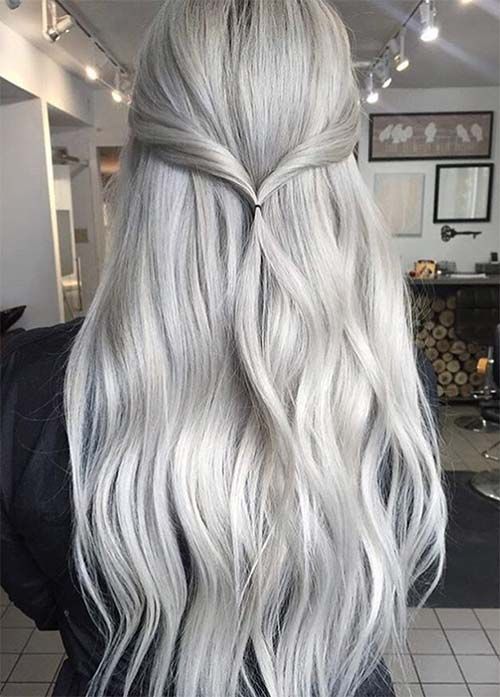


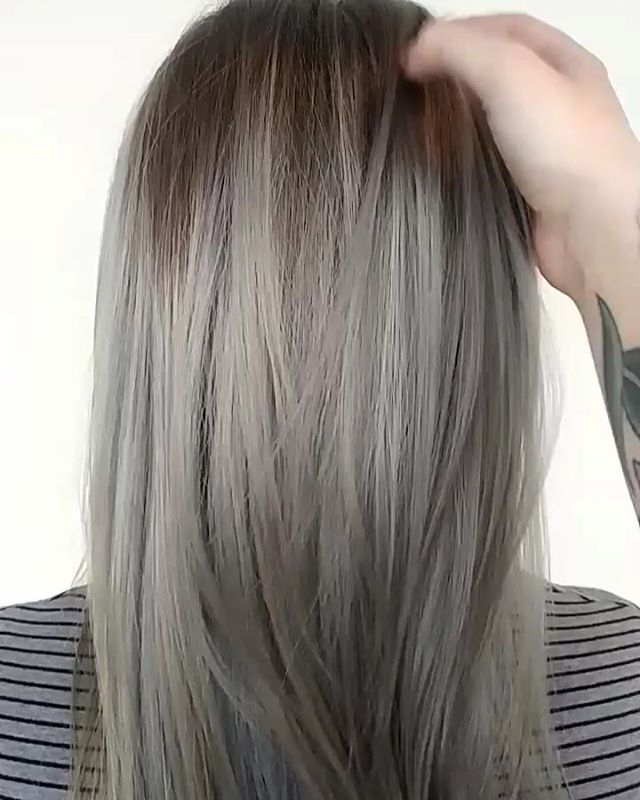
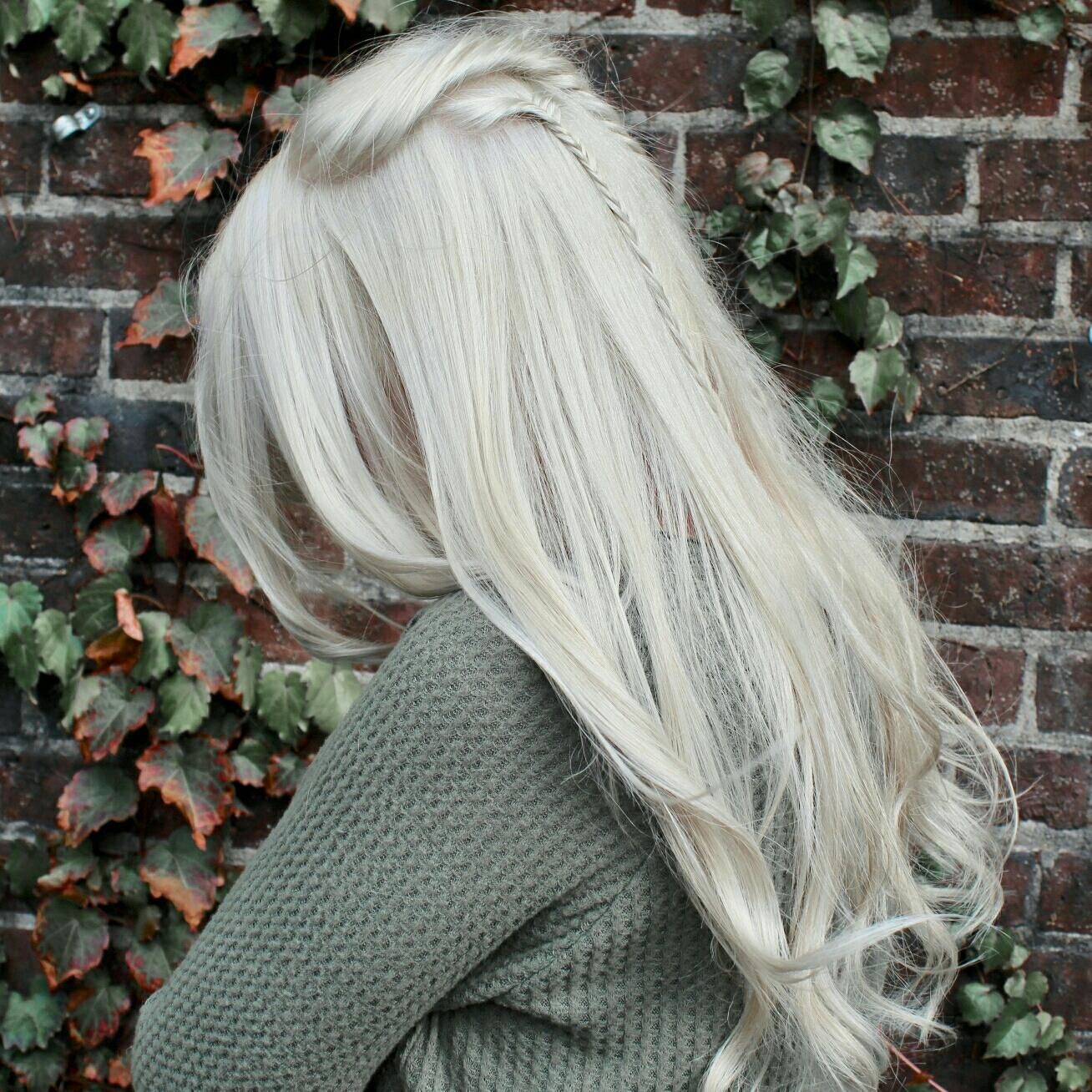
Herbs
There are a variety of herbal treatments to combat grey hair. They can help to darken gray hair and reduce shedding. They can also add shine to hair, and fight scalp irritation. Several herbs are also known for their ability to prevent dandruff. You should check with your doctor before trying any of these methods.
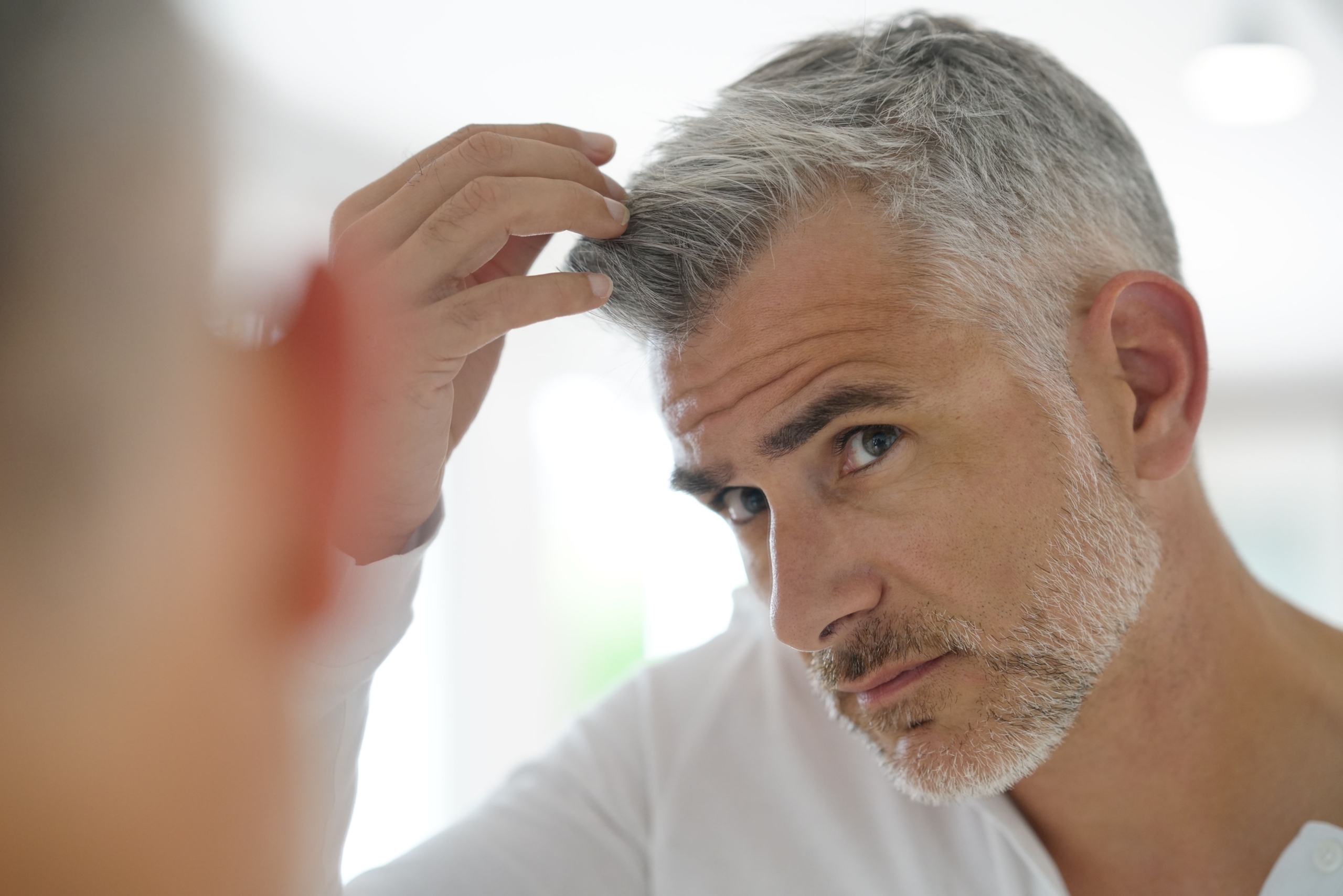
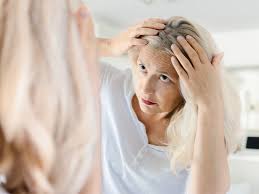
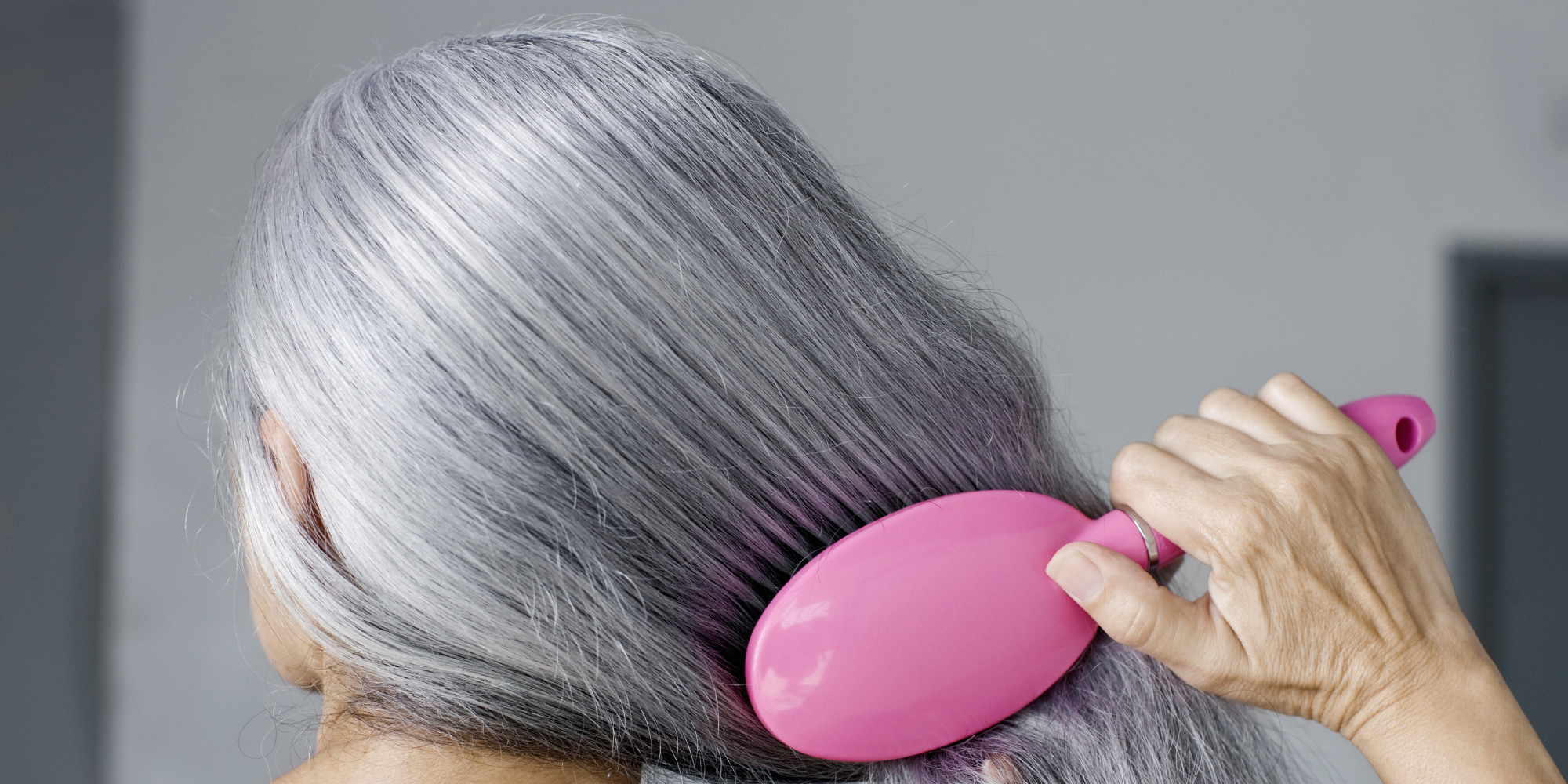

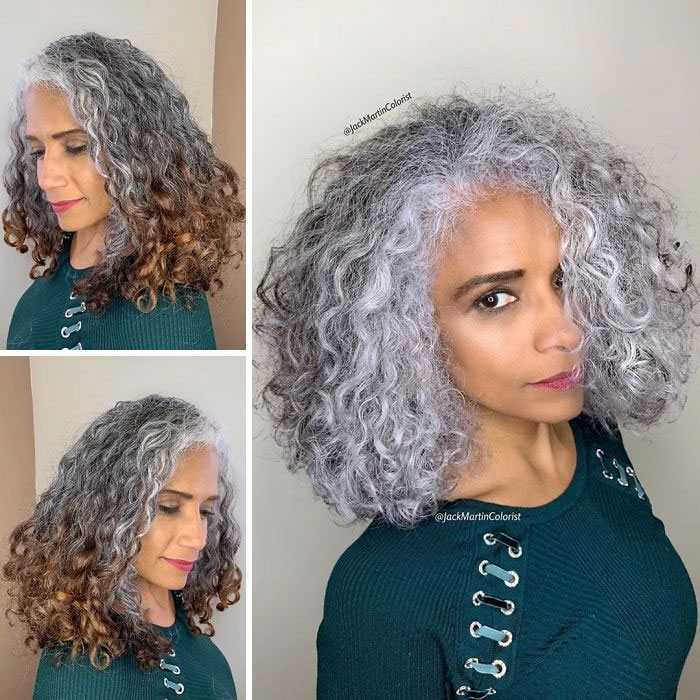
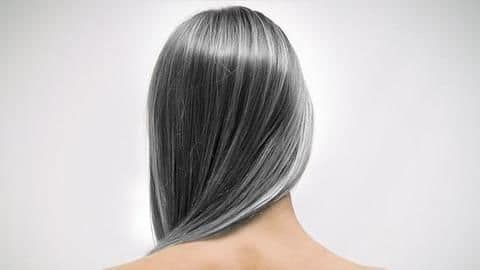
One of the most effective herbs for grey hair is curry leaves. These leaves contain fatty acids that help protect the hair strands. These oils penetrate the hair shaft and protect the strands from damage caused by pollution and heat. Curry leaves should be mixed with a half cup of coconut oil, and applied to the hair. After a few minutes, you can rinse your hair with a mild shampoo.

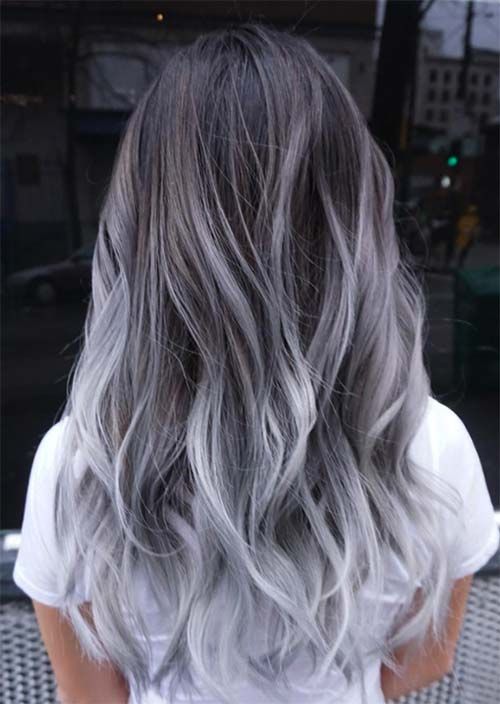
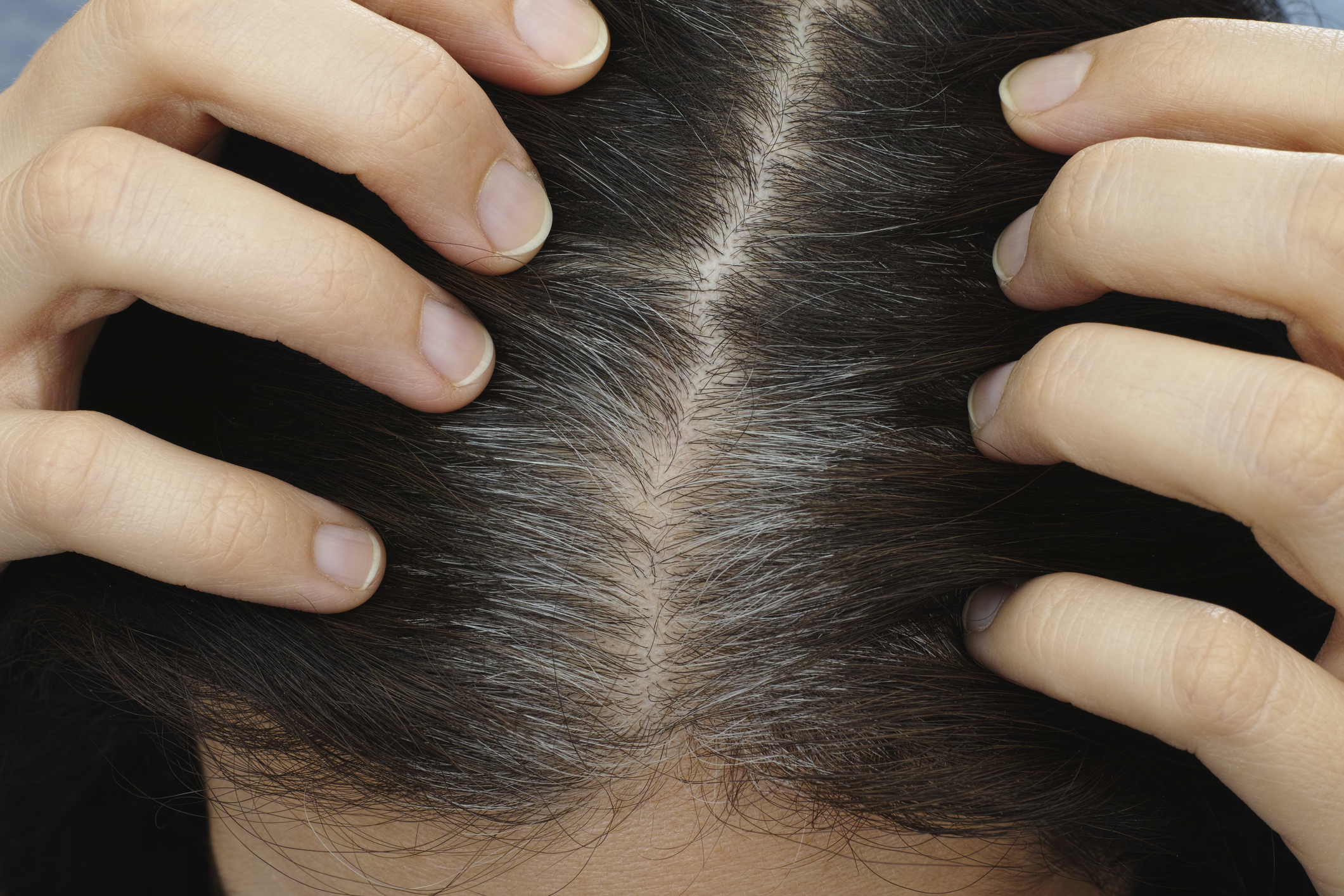

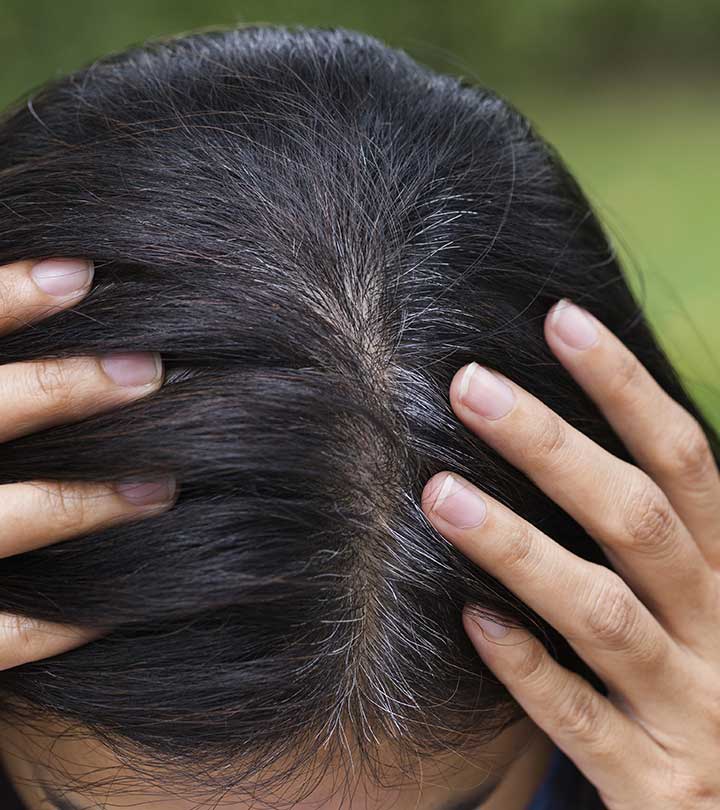
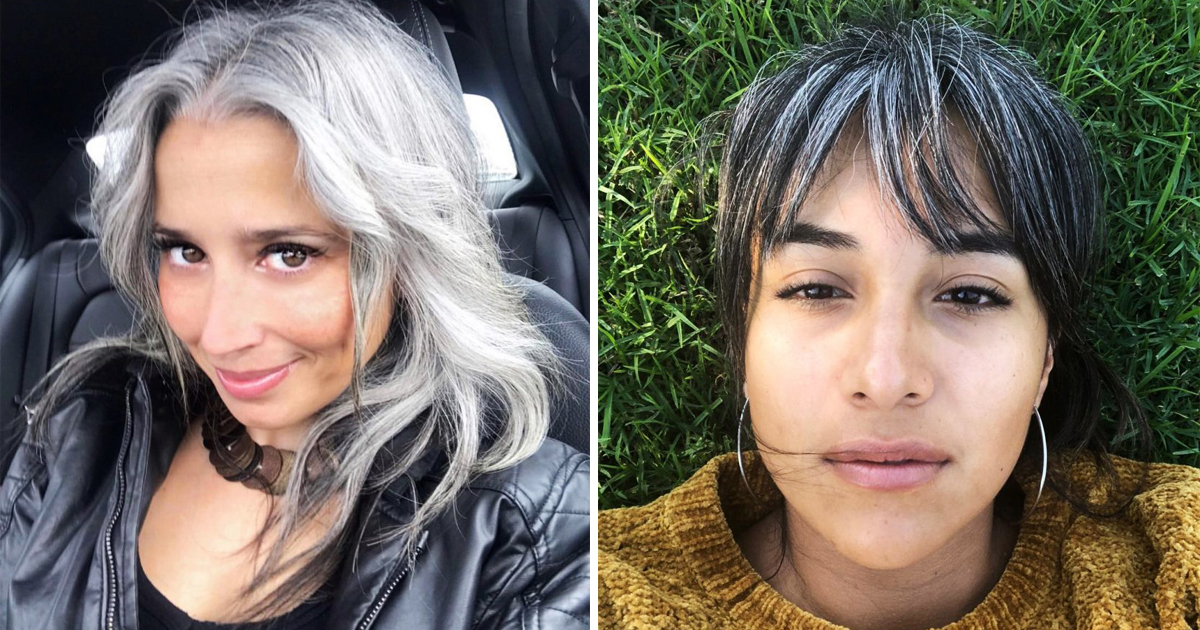
Another herb for grey hair is Bhringraj, or ‘King of herbs.’ It contains calcium, iron, vitamin D, and vitamin E. In addition, it can prevent hair loss and prevent premature greying. If you have a dandruff problem, Bhringaraj can help treat it. Combining this herb with amla or jatamansi, a plant that’s rich in antioxidants, can help prevent greying and reduce the risk of dandruff. The herbs can be applied to the scalp every day for best results.
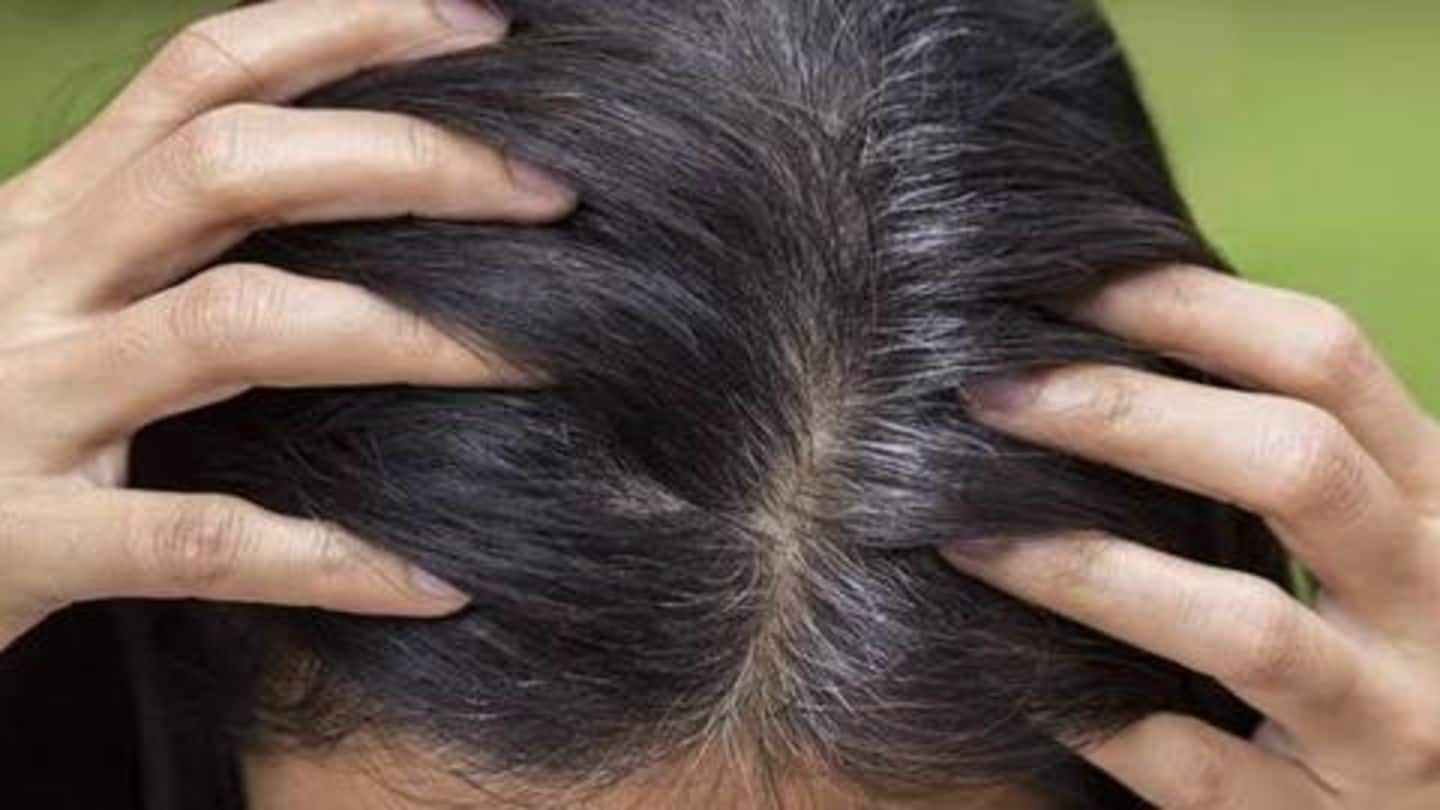
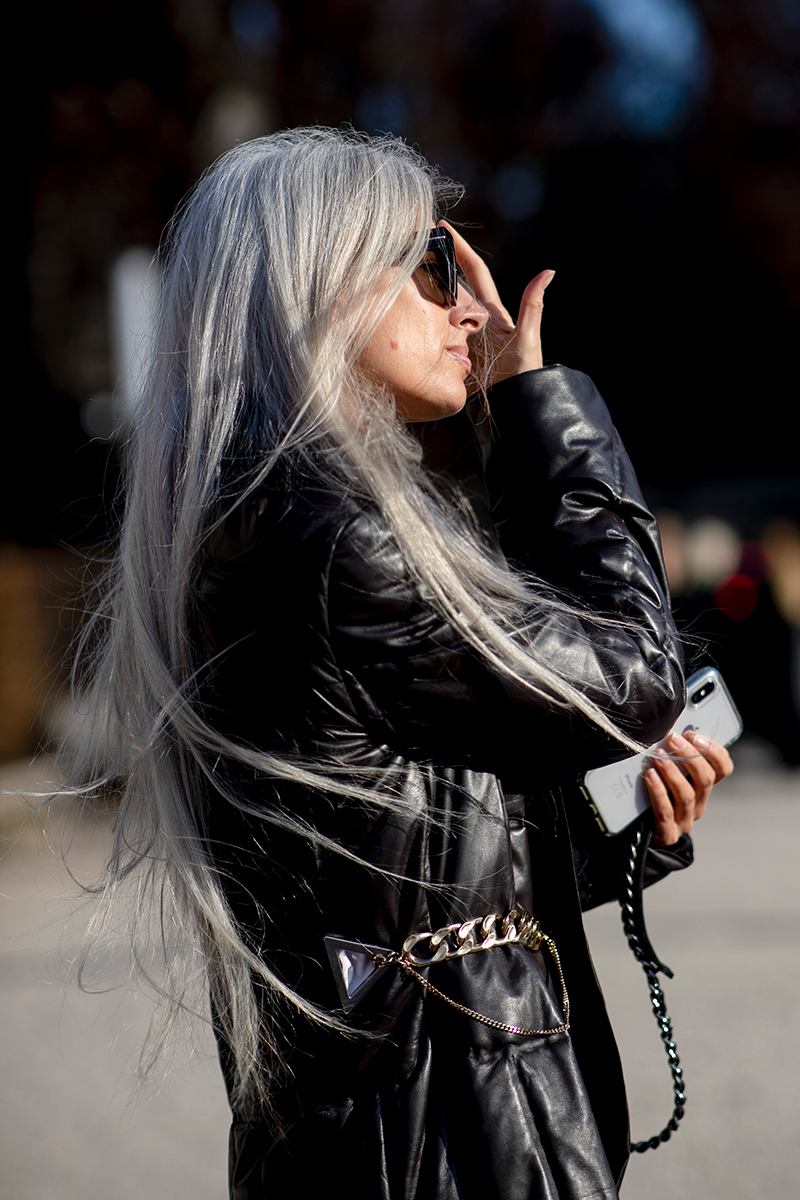

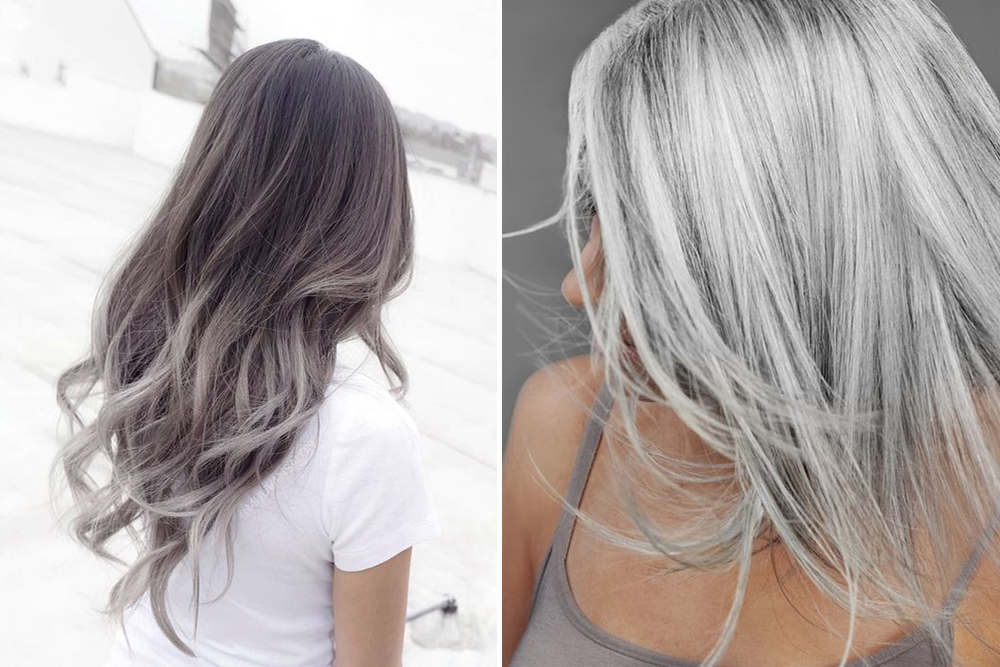

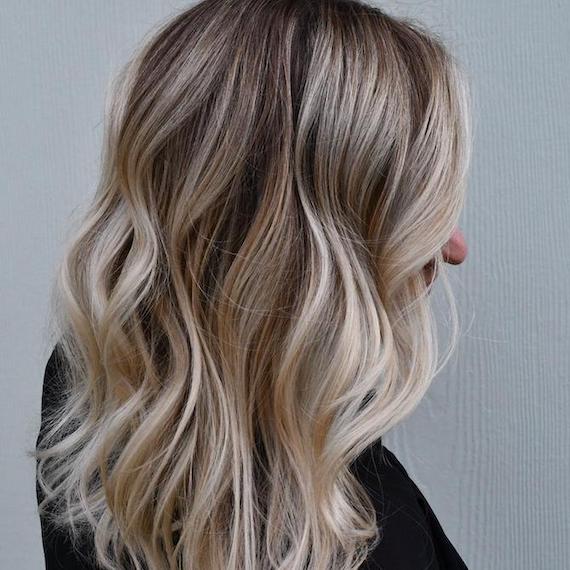
If you have a graying hair problem, it is important to get a proper diagnosis and treatment plan. Your dermatologist will be able to diagnose the problem and prescribe an appropriate treatment plan. He or she may also refer you to a specialist, such as an endocrinologist.
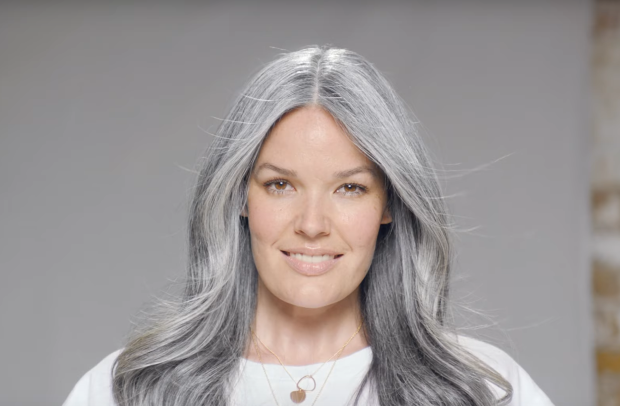
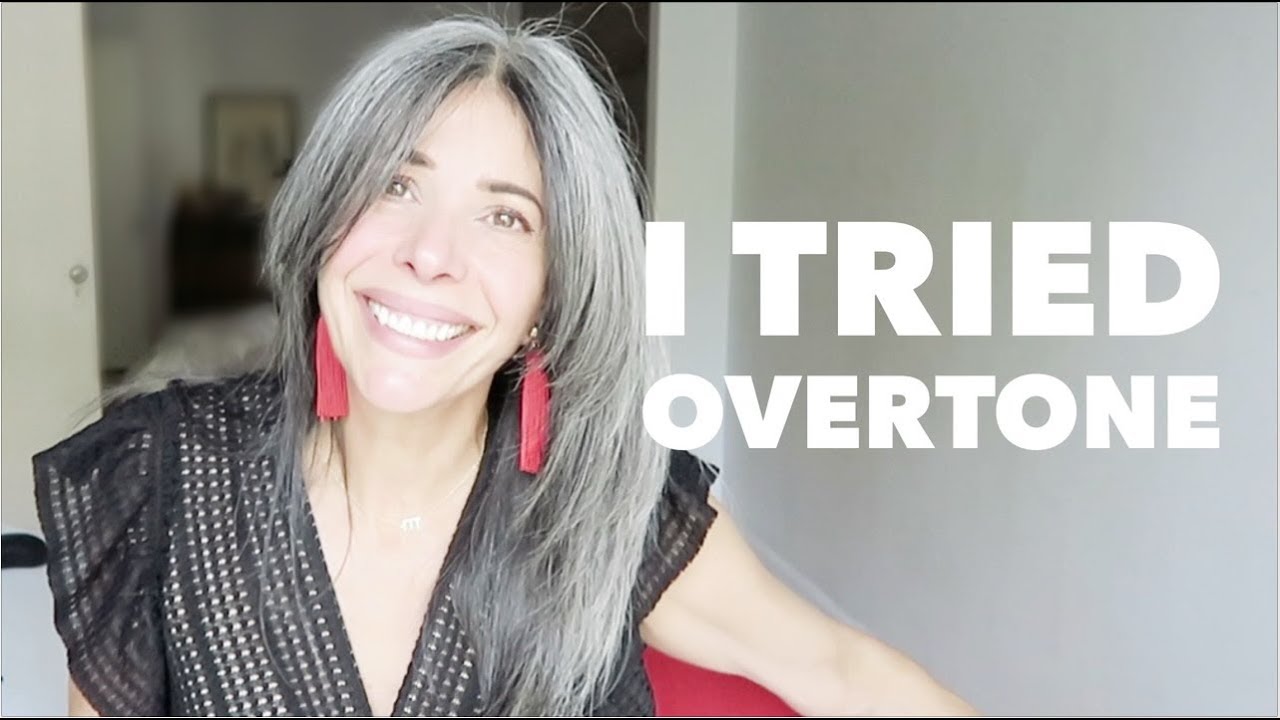
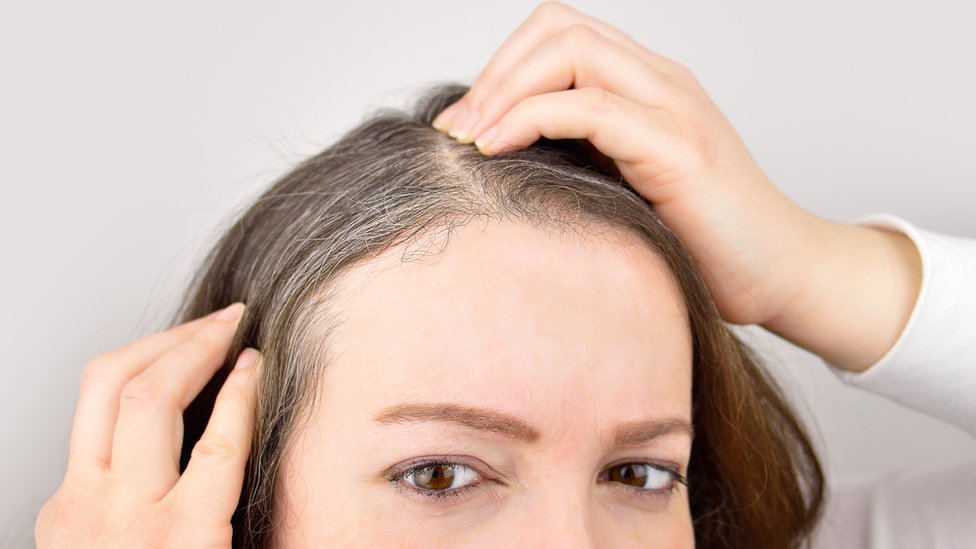
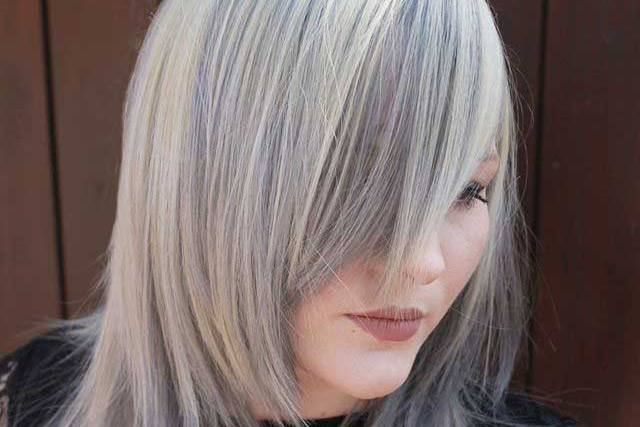
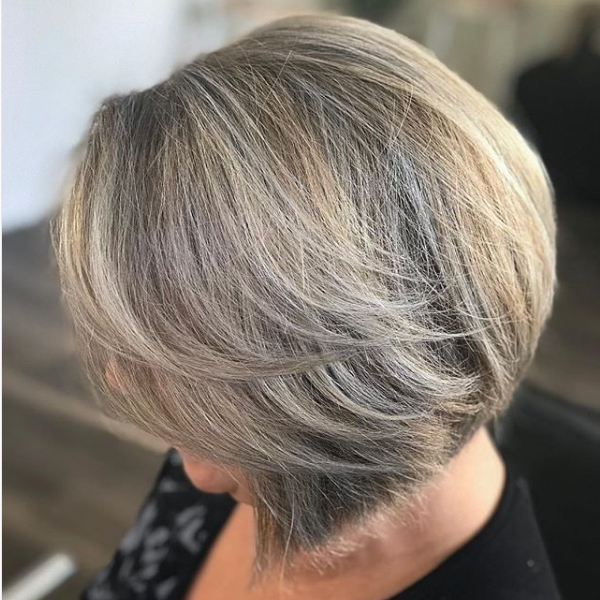

Diet
If you want to stop grey hair and its associated problems, you need to make some changes in your diet. For example, your diet should contain more vitamin B5 than usual. Your body is losing the vitamin, which may be causing the greying process. Pantothenic acid, also known as vitamin B5, is known to restore your hair’s natural color. Foods rich in this vitamin include avocados, eggs, beef, salmon, and baked sweet potatoes.






In addition to eating a nutritionally rich diet, you should take supplements aimed at preventing greying. These supplements will help you restore the color and shine of your gray hair. Furthermore, a diet high in iron will help your body prevent further graying. You should also try to avoid processed foods and sugary drinks to keep your hair healthy.
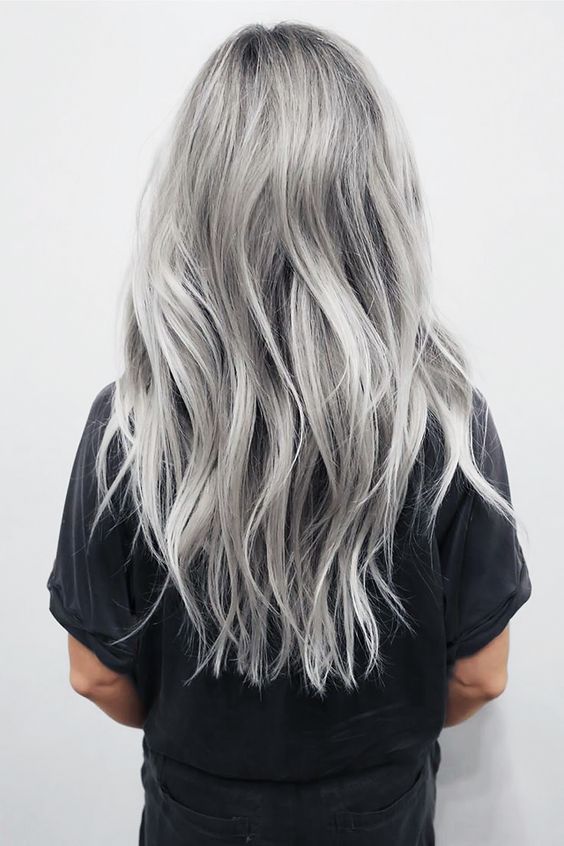
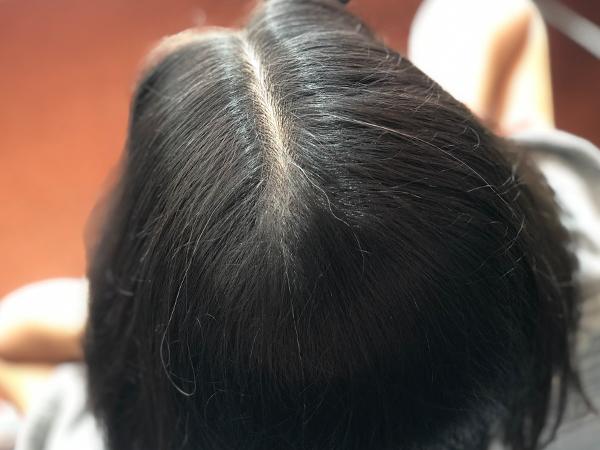
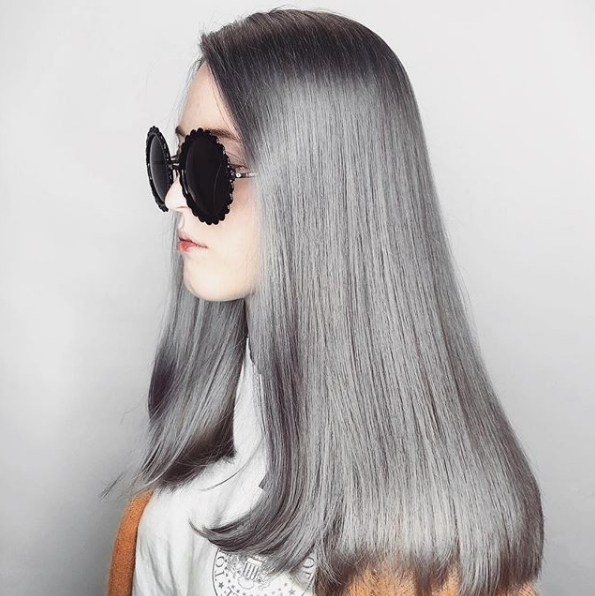
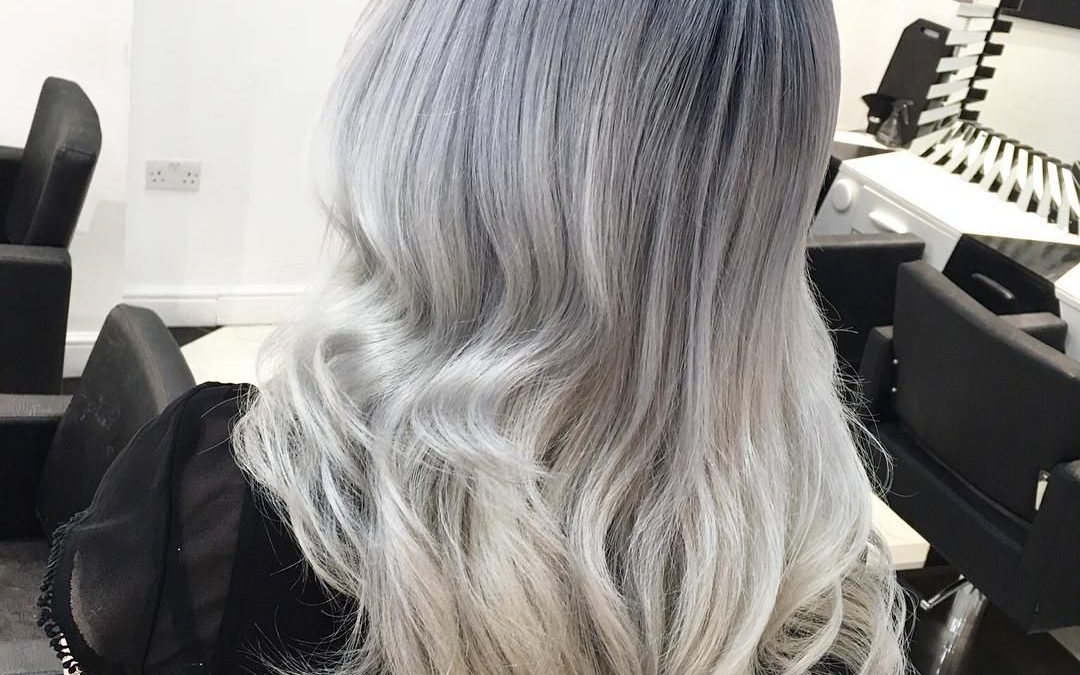


While there are genetic differences that can cause hair color loss, aging is the most common cause of graying. Your body loses melanin, the pigment responsible for giving your hair its color, as it ages. Also, a poor diet can interfere with the production of melanin, which can result in premature graying of the hair.
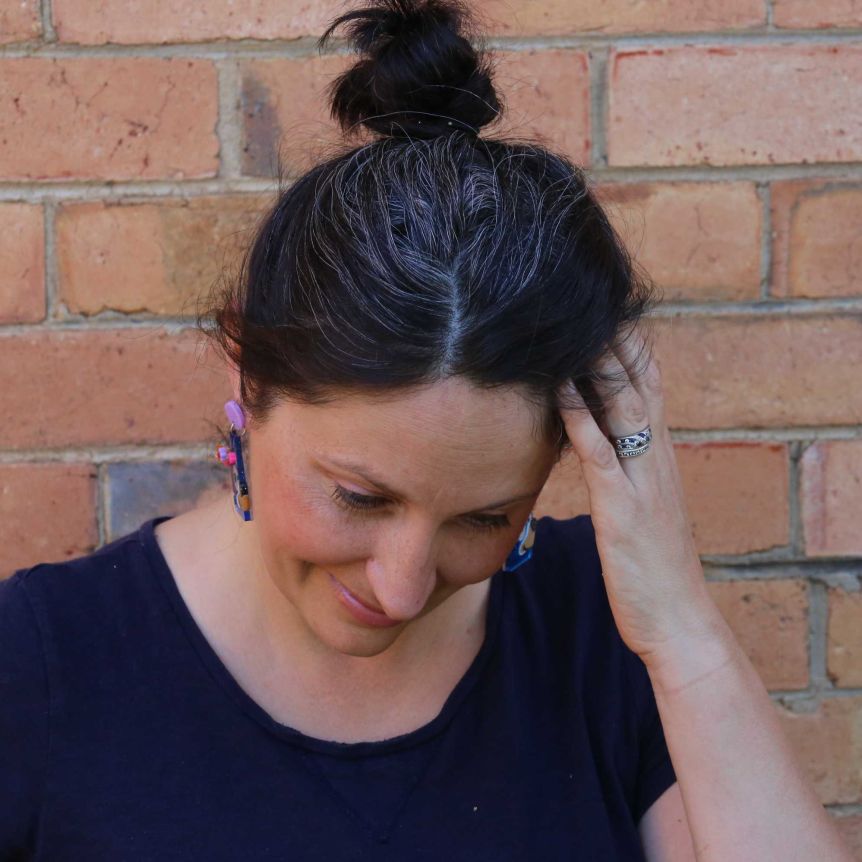
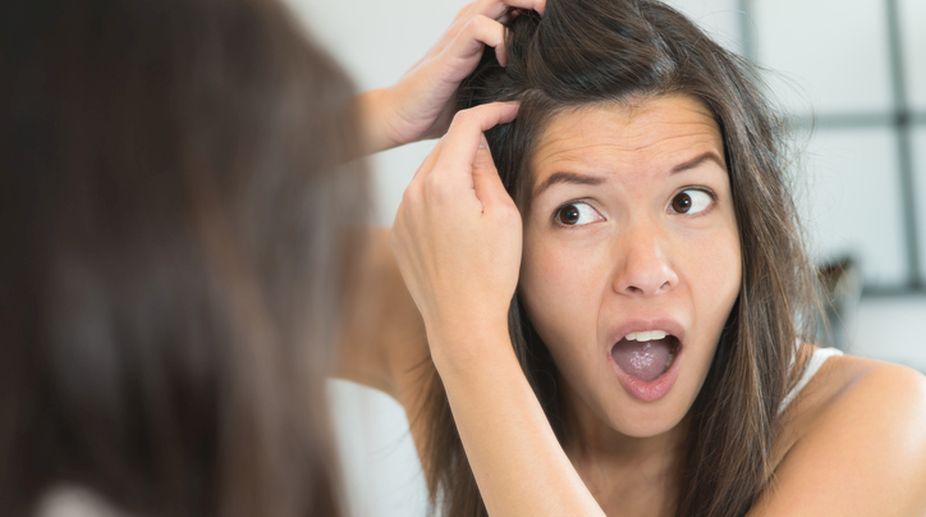
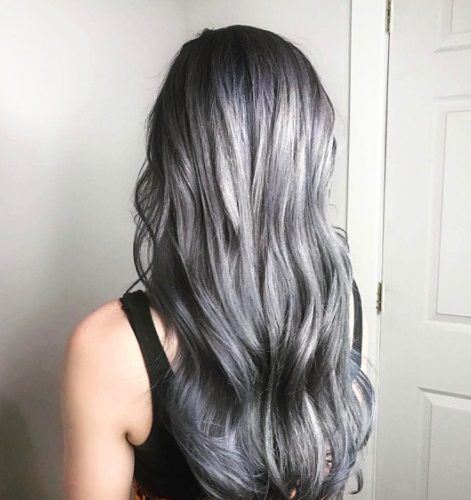
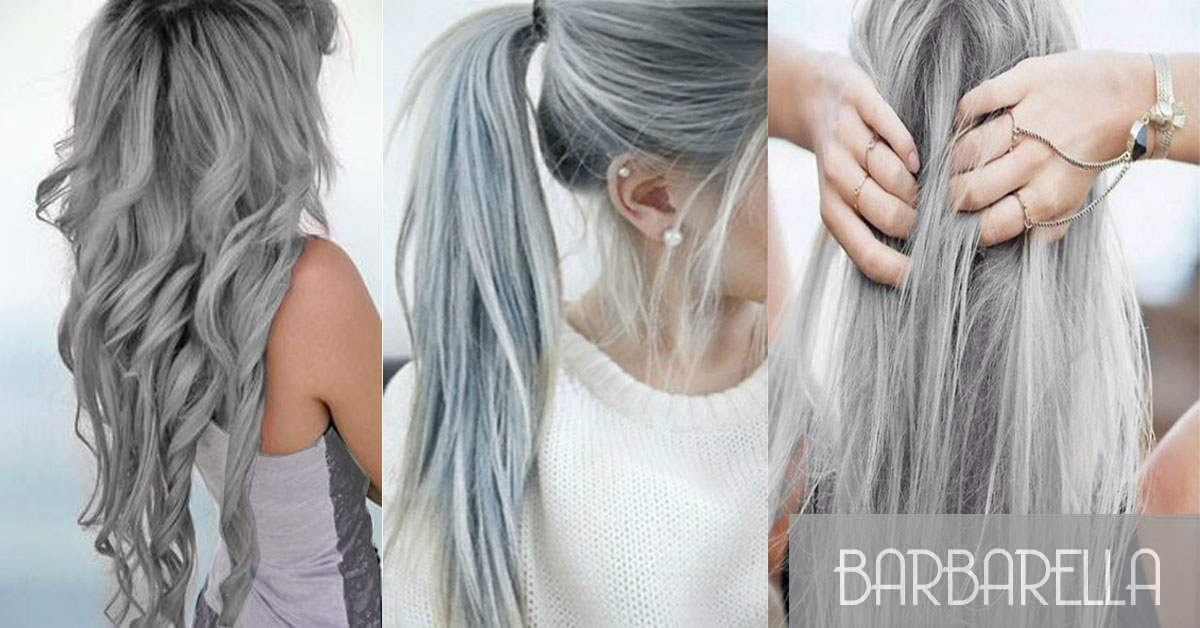


Premature graying can also be caused by thyroid and autoimmune disorders. If you suspect you have either of these disorders, you should consult your primary care physician or a dermatologist.
